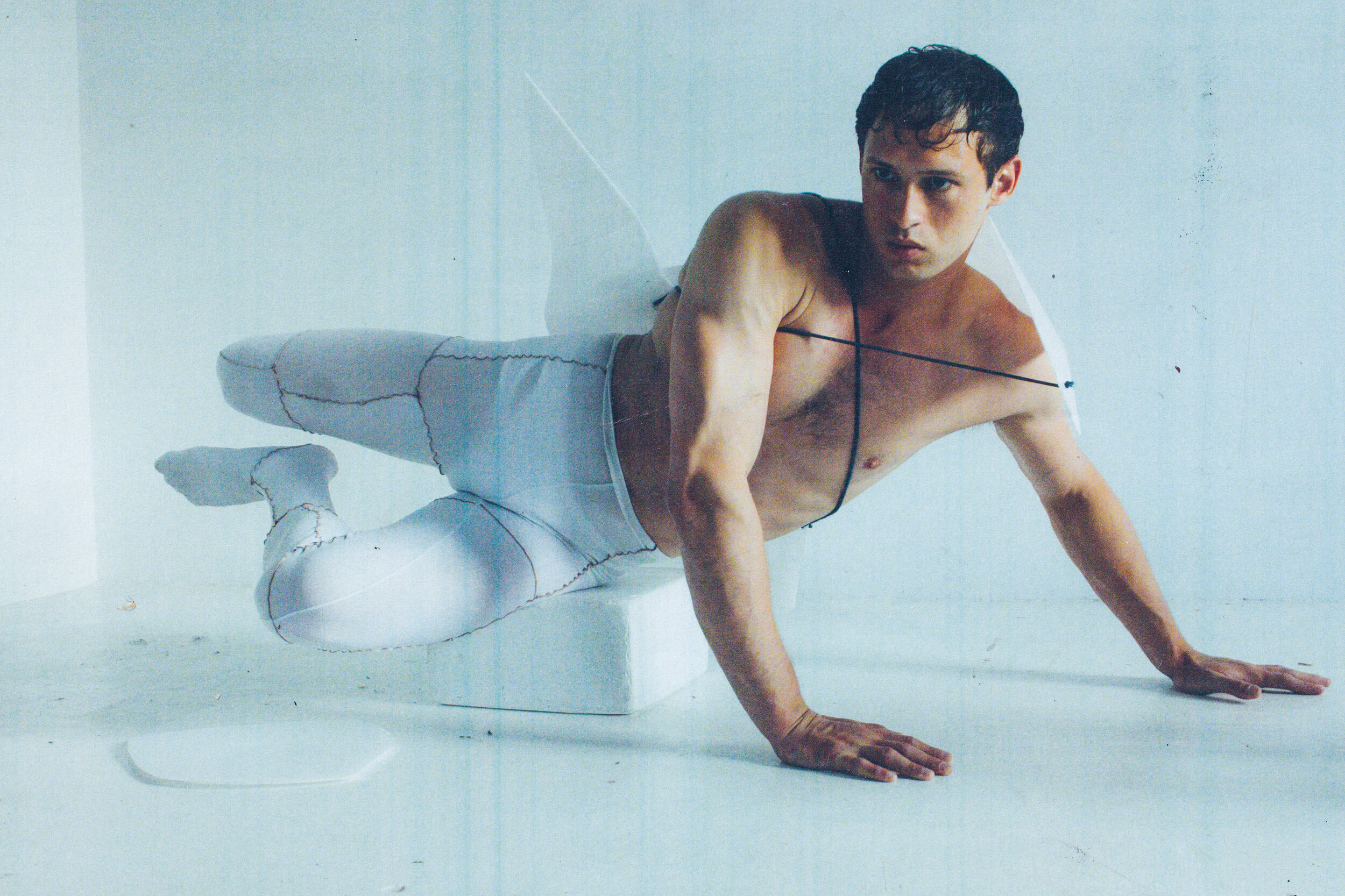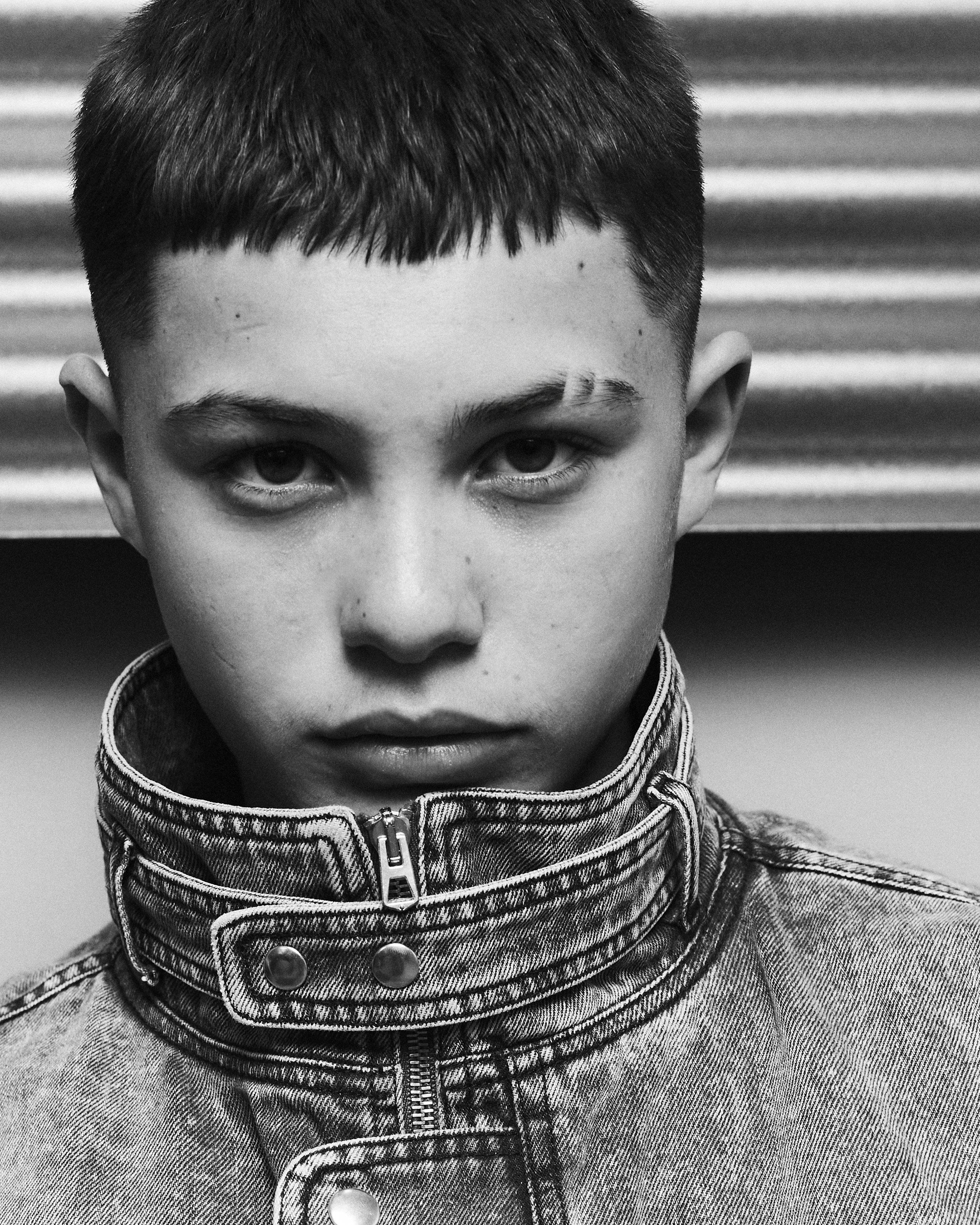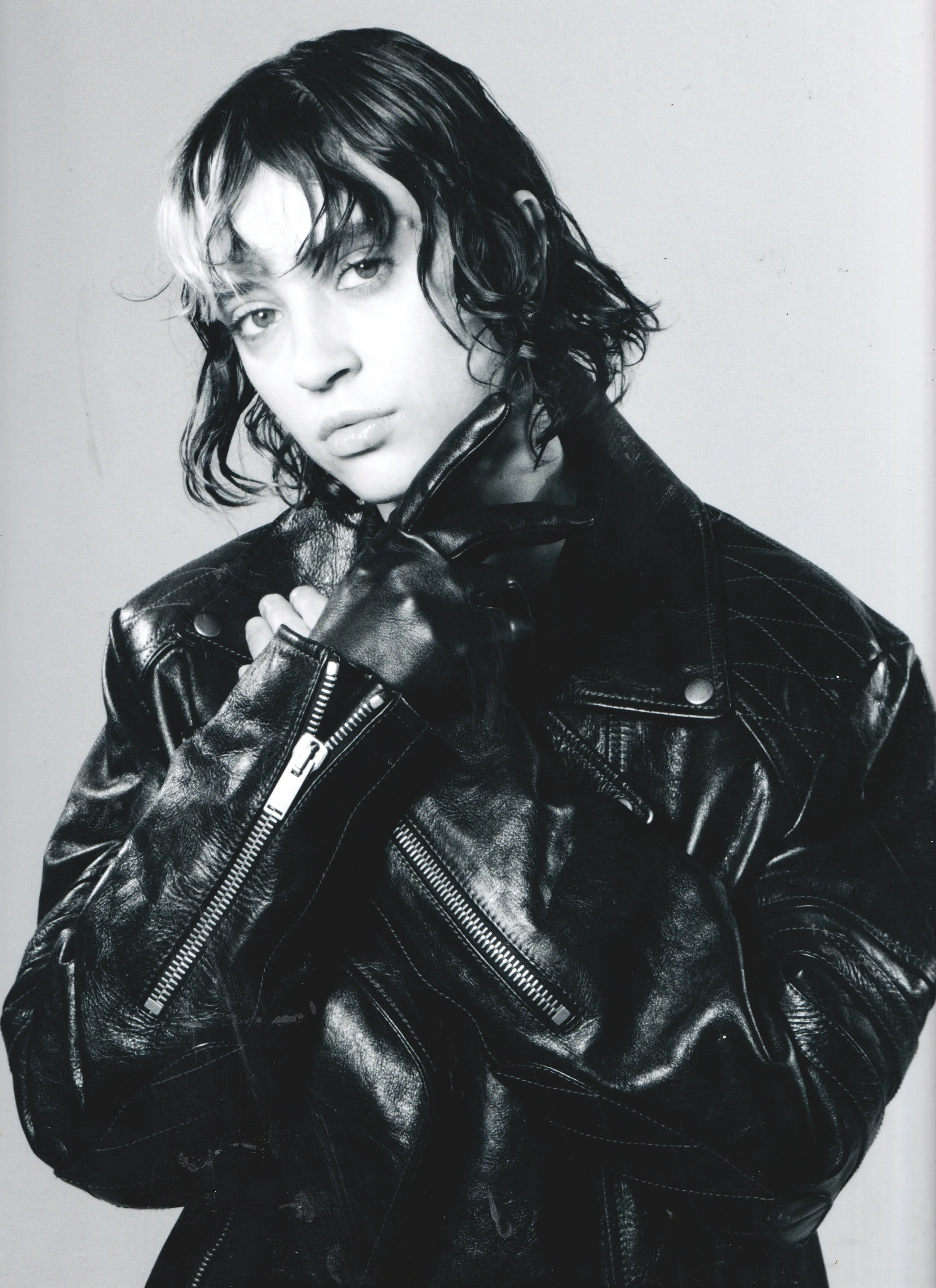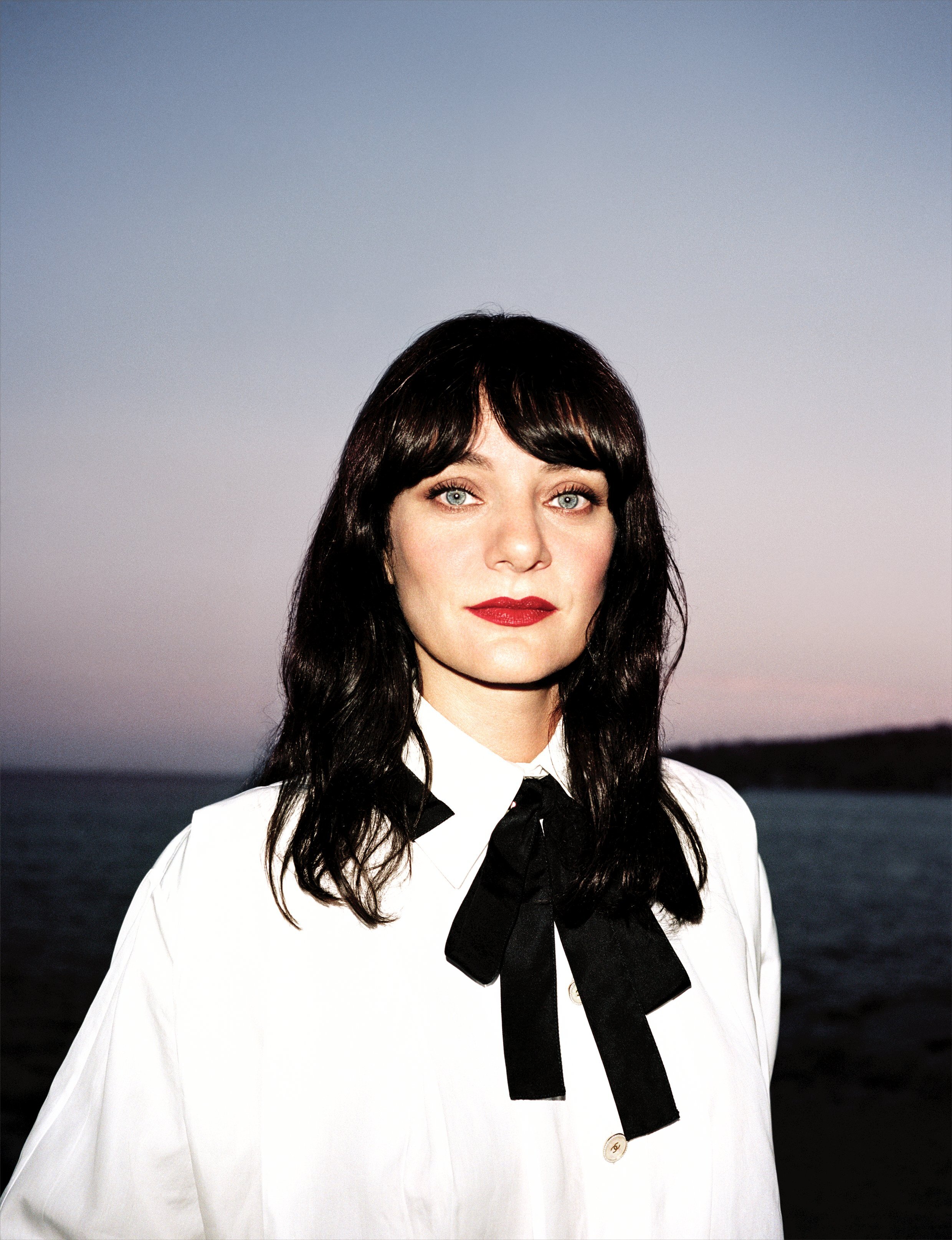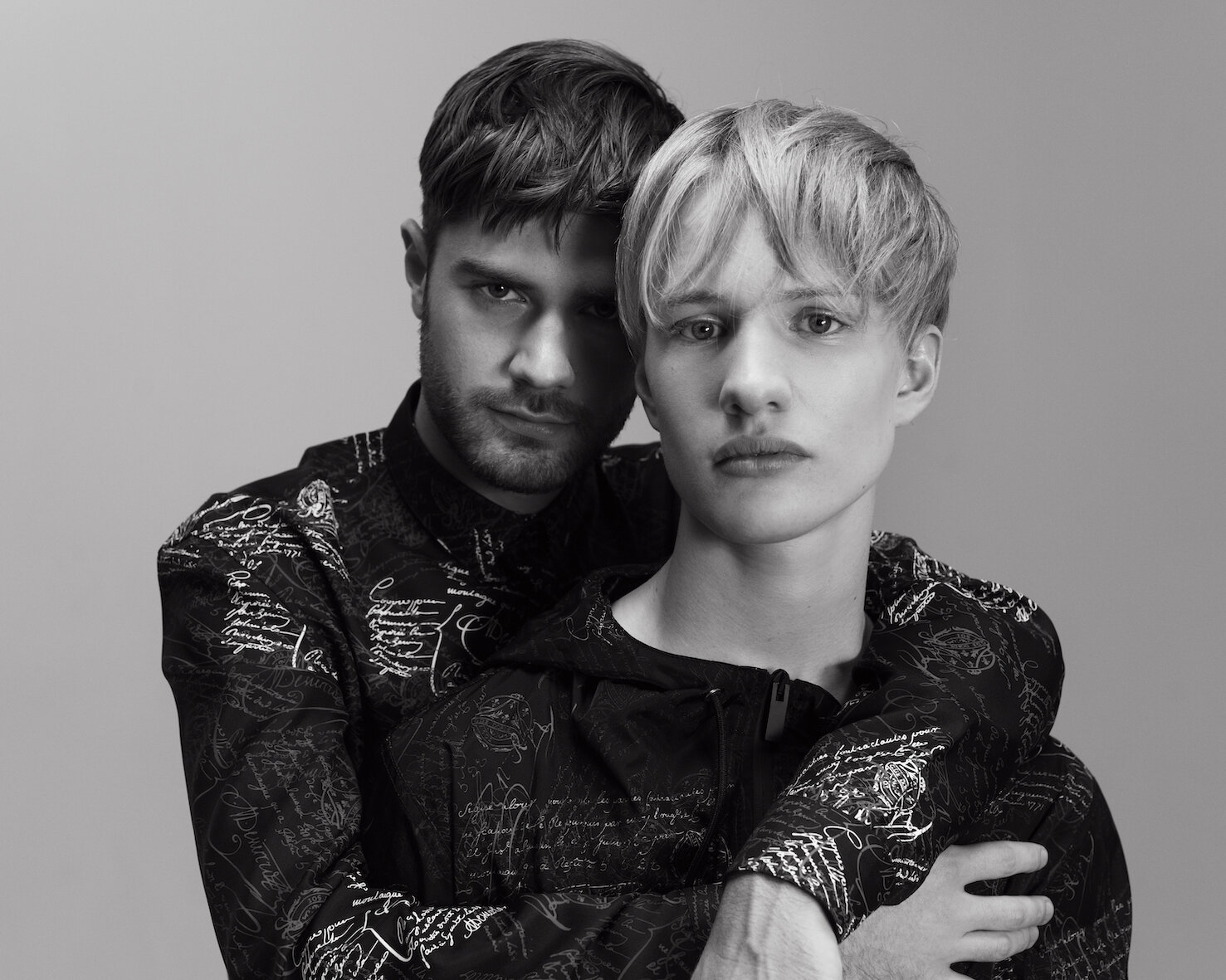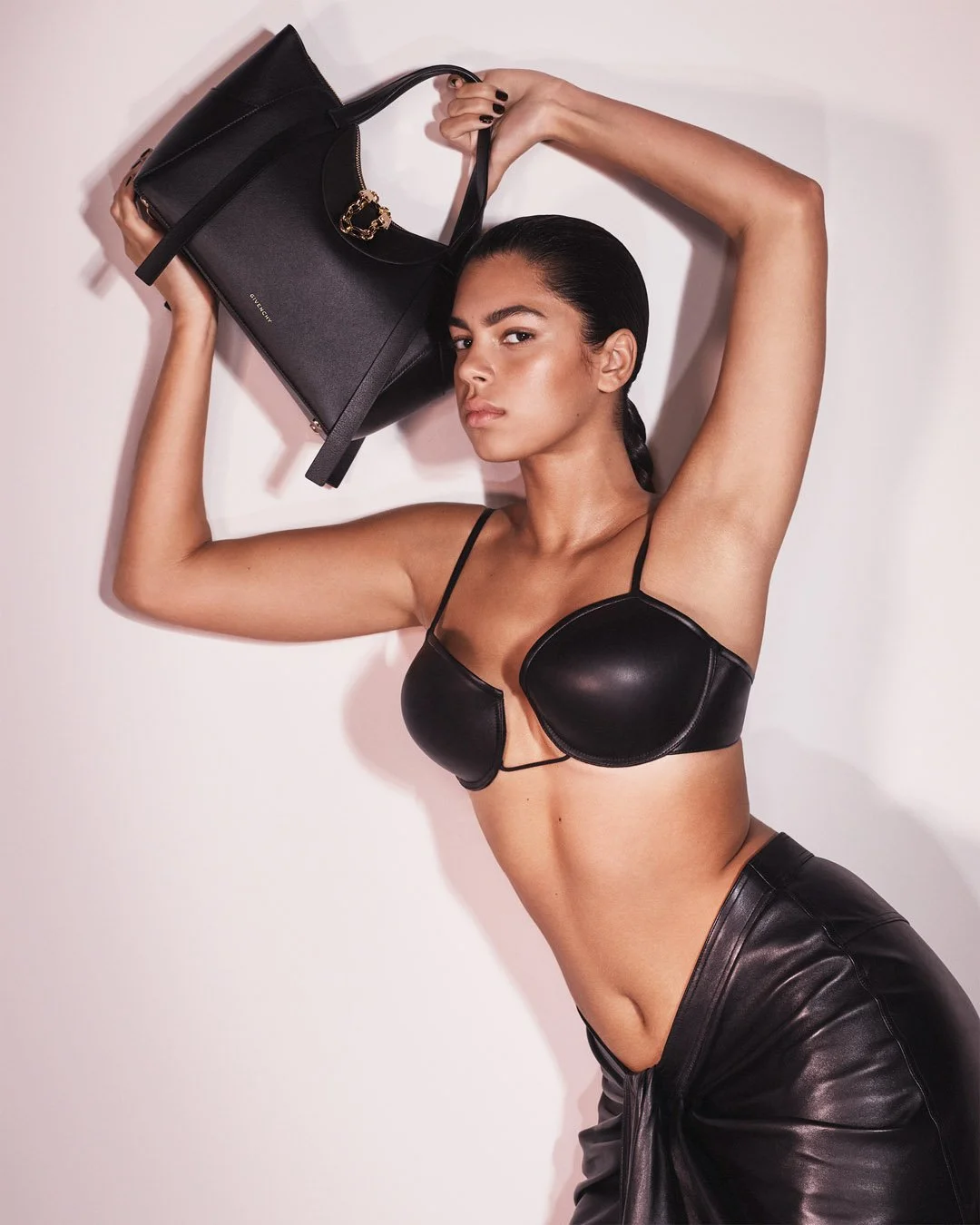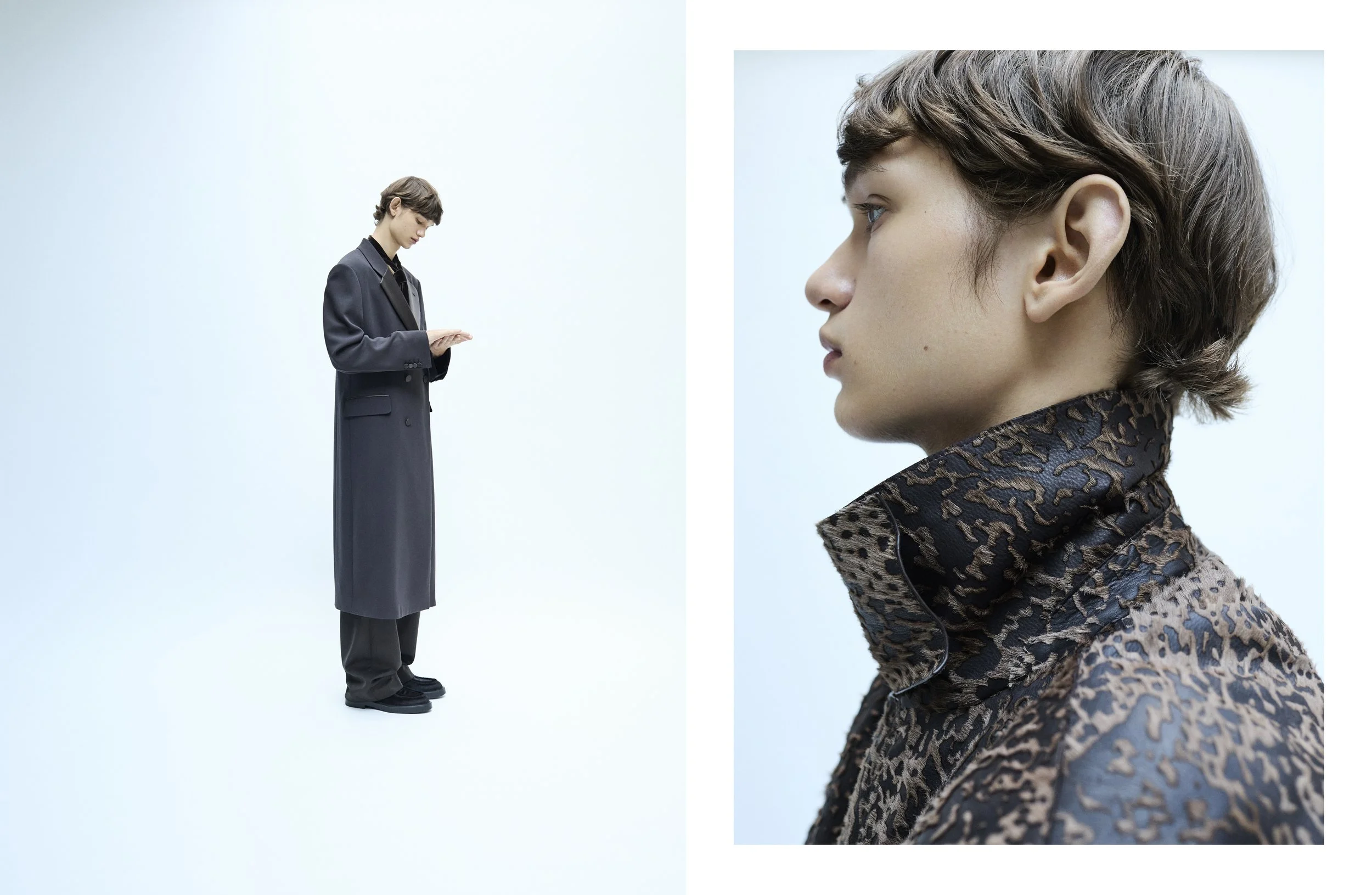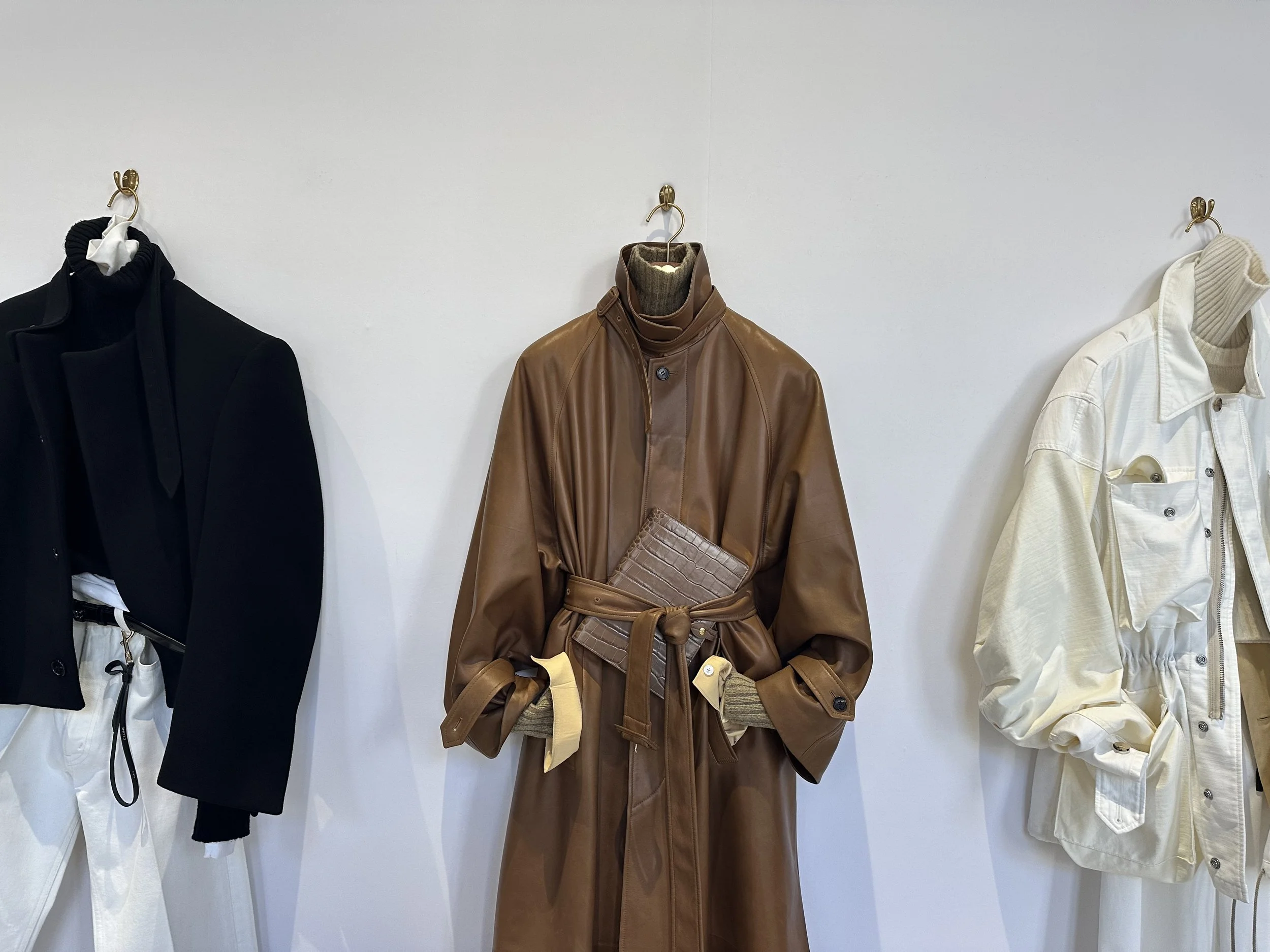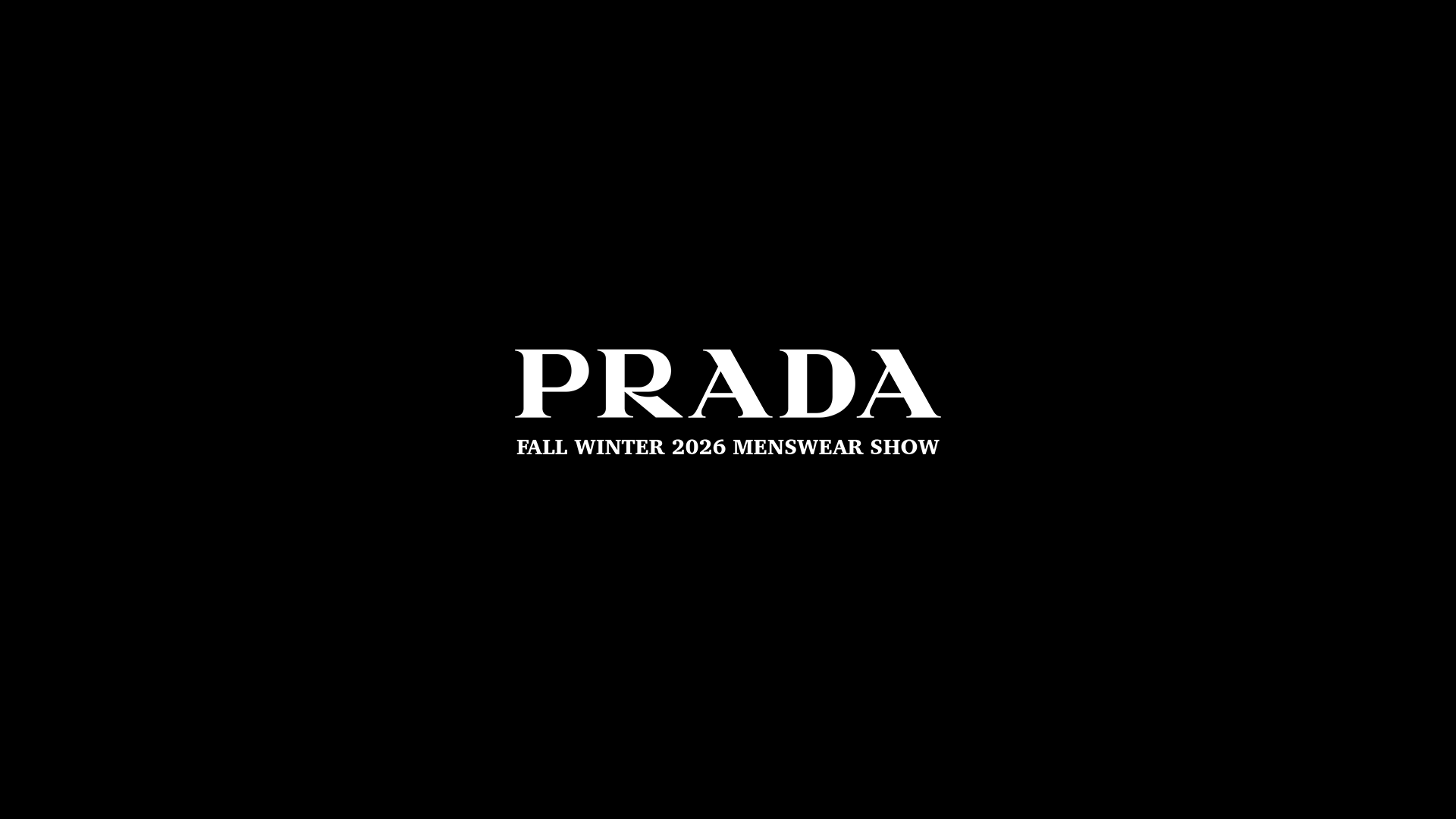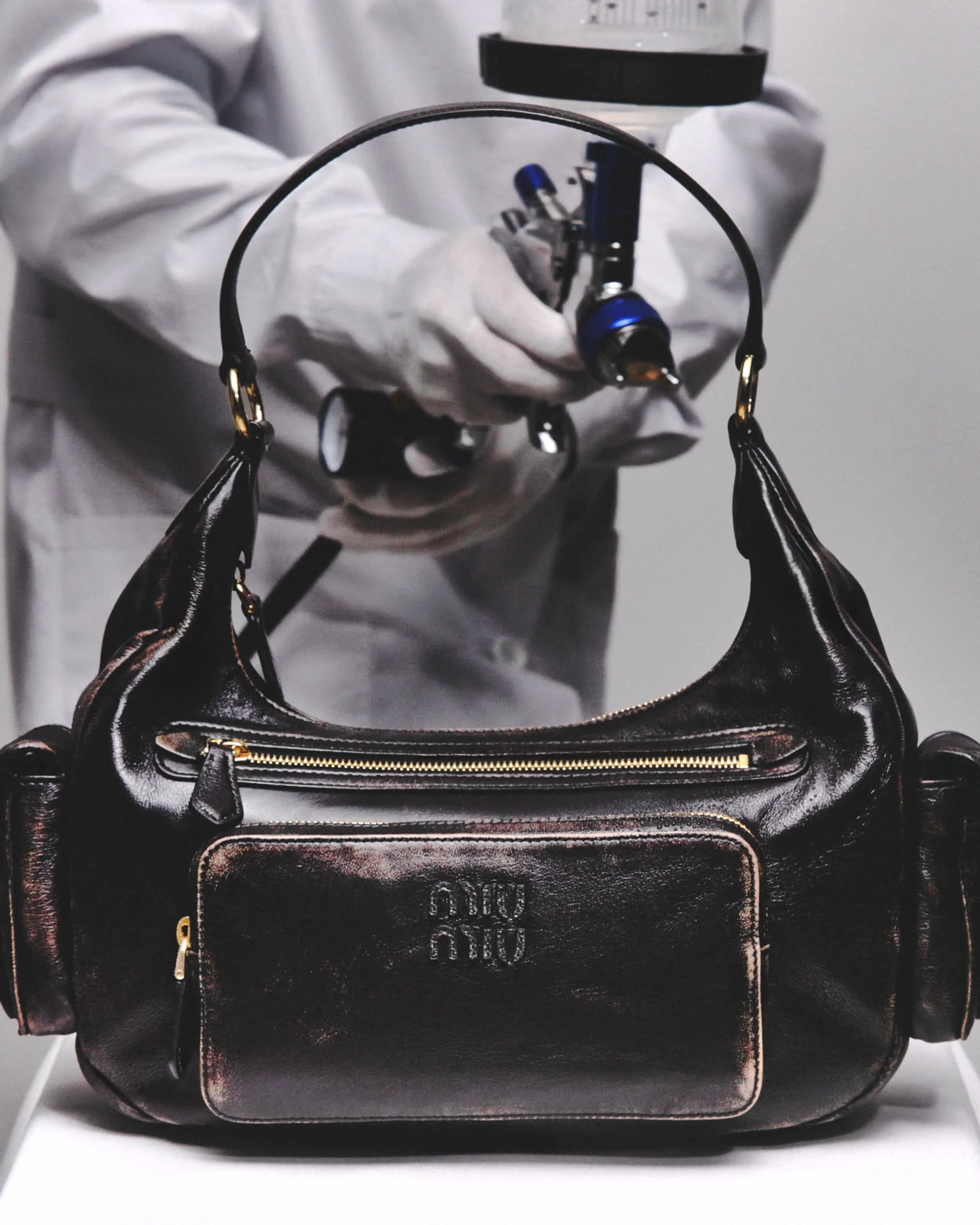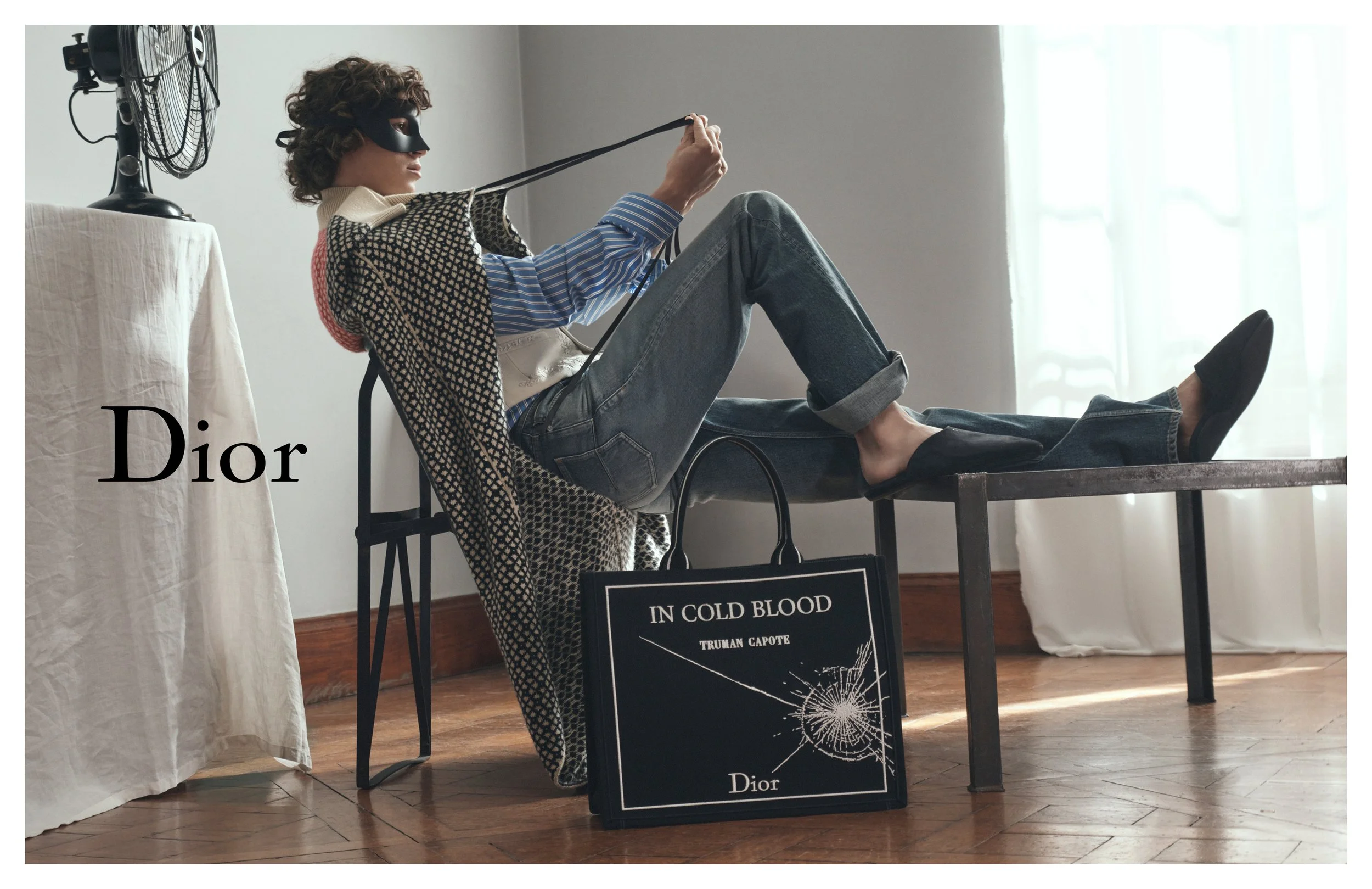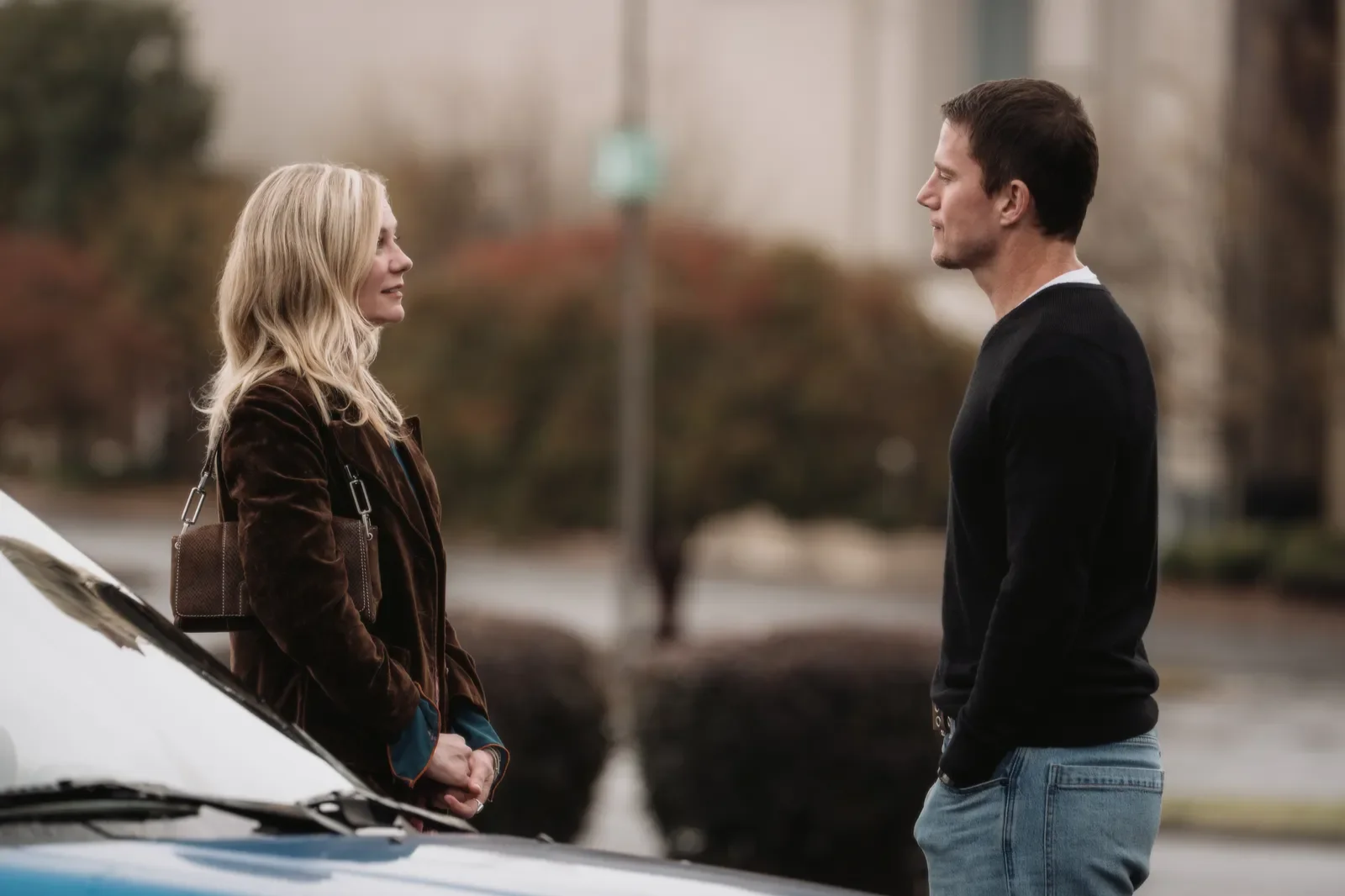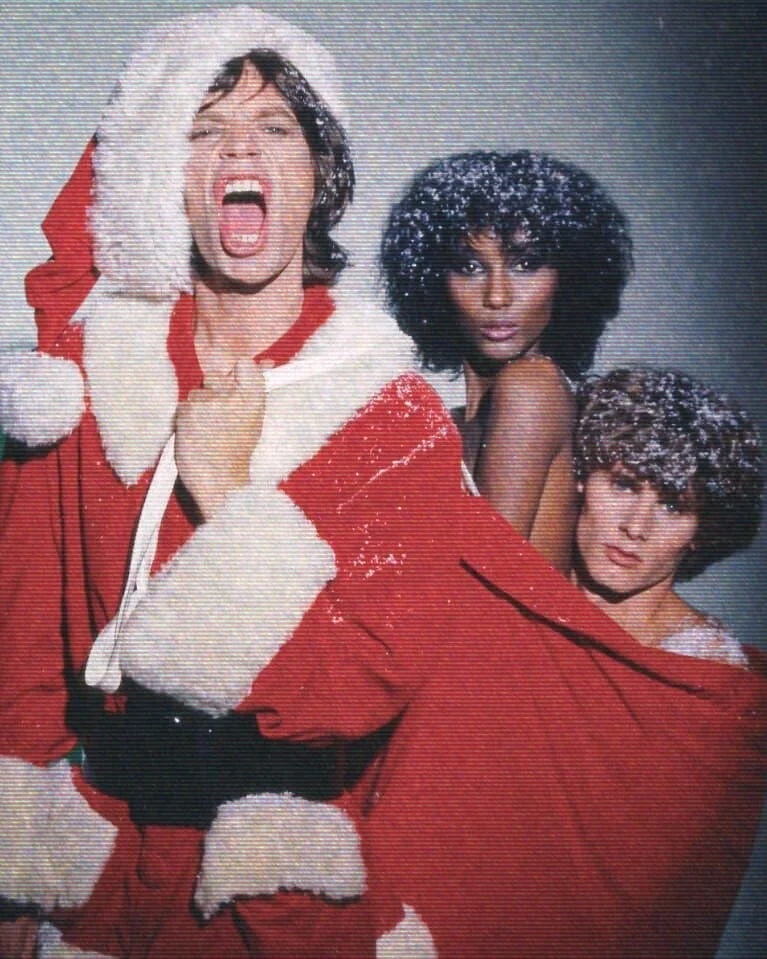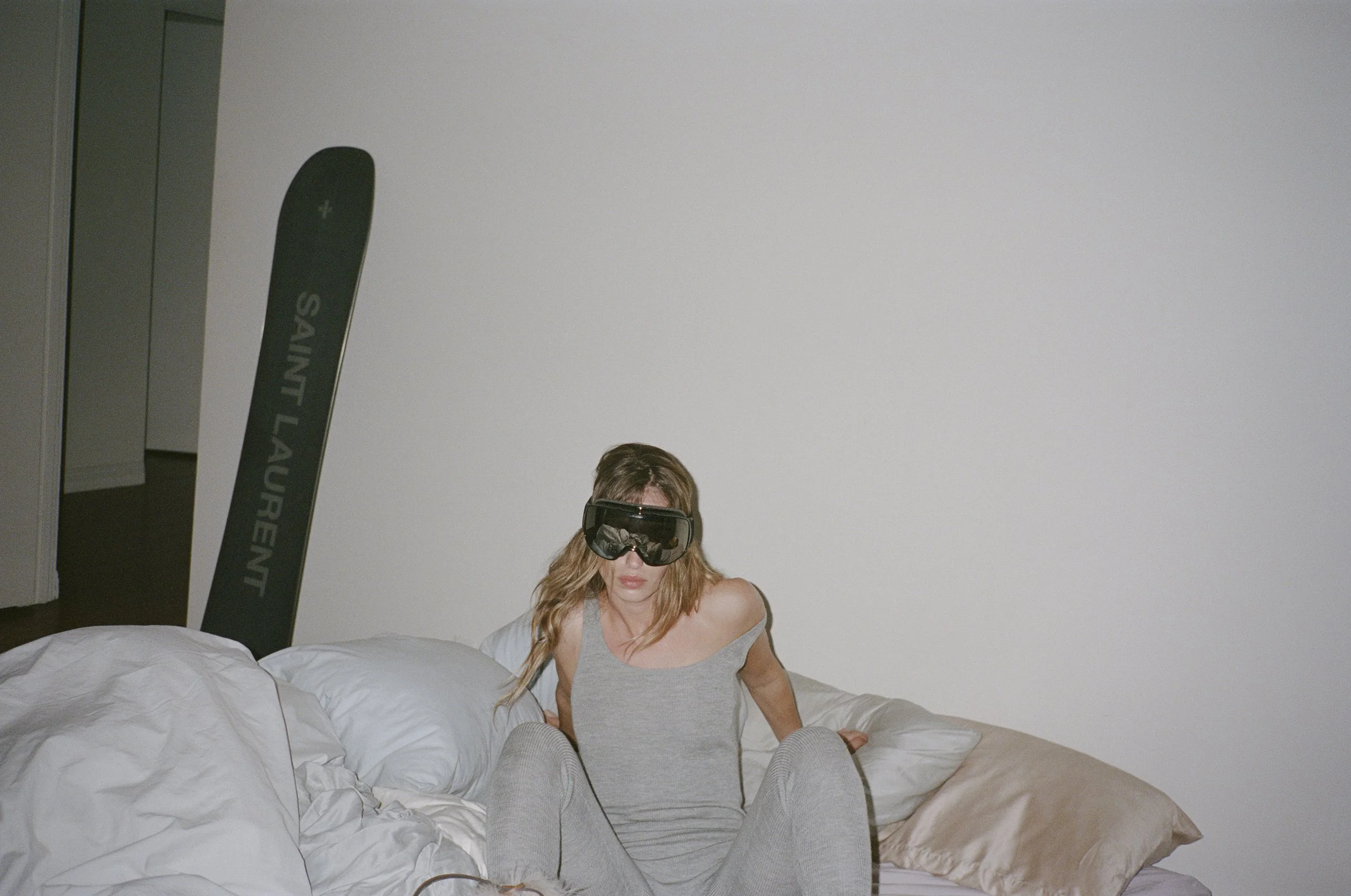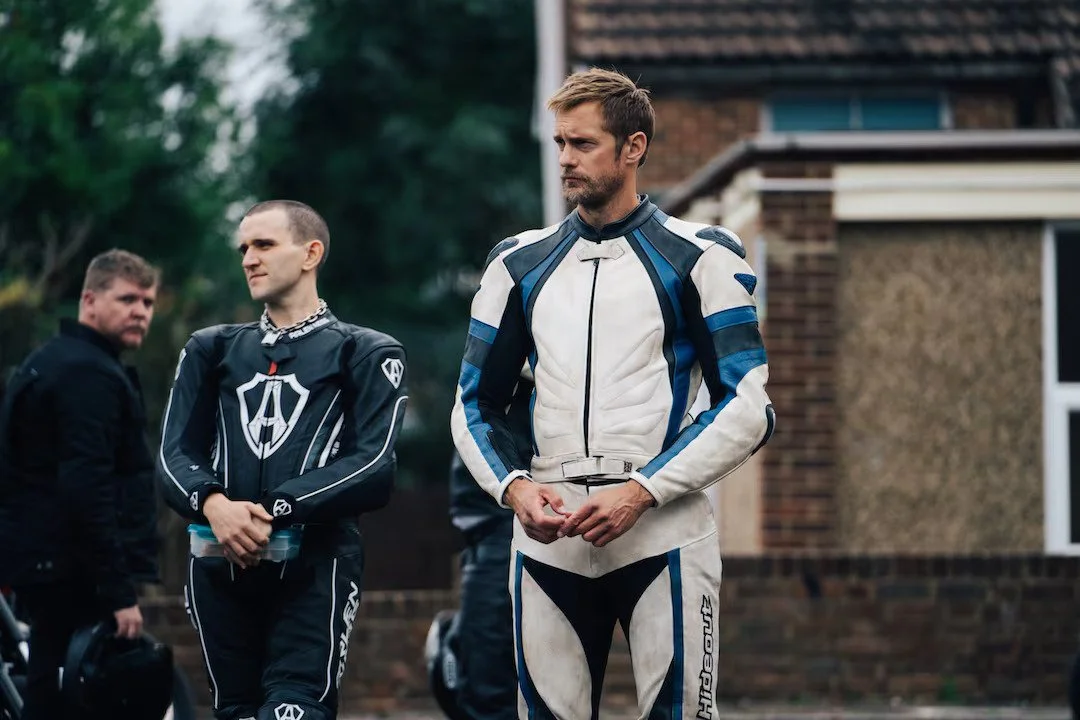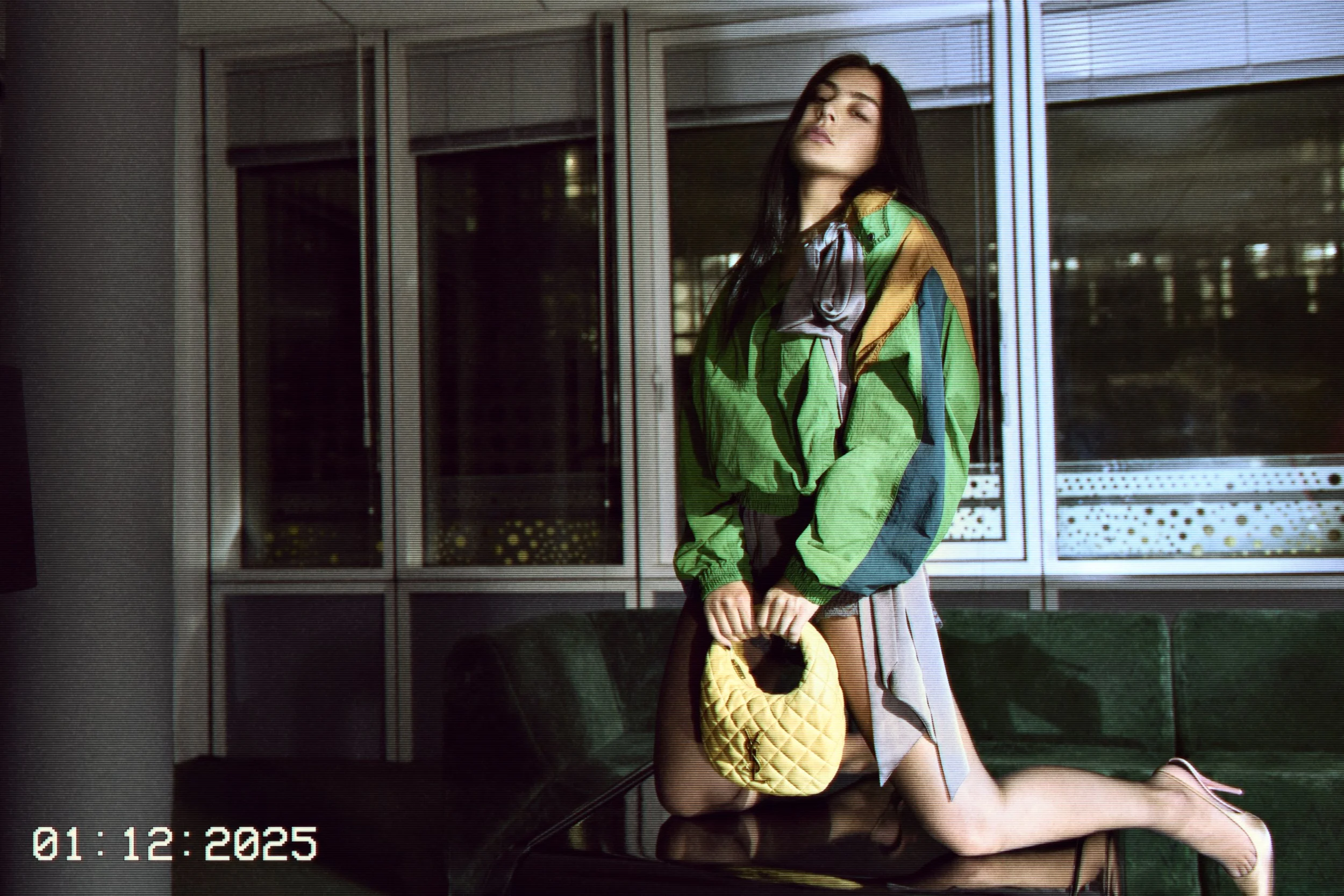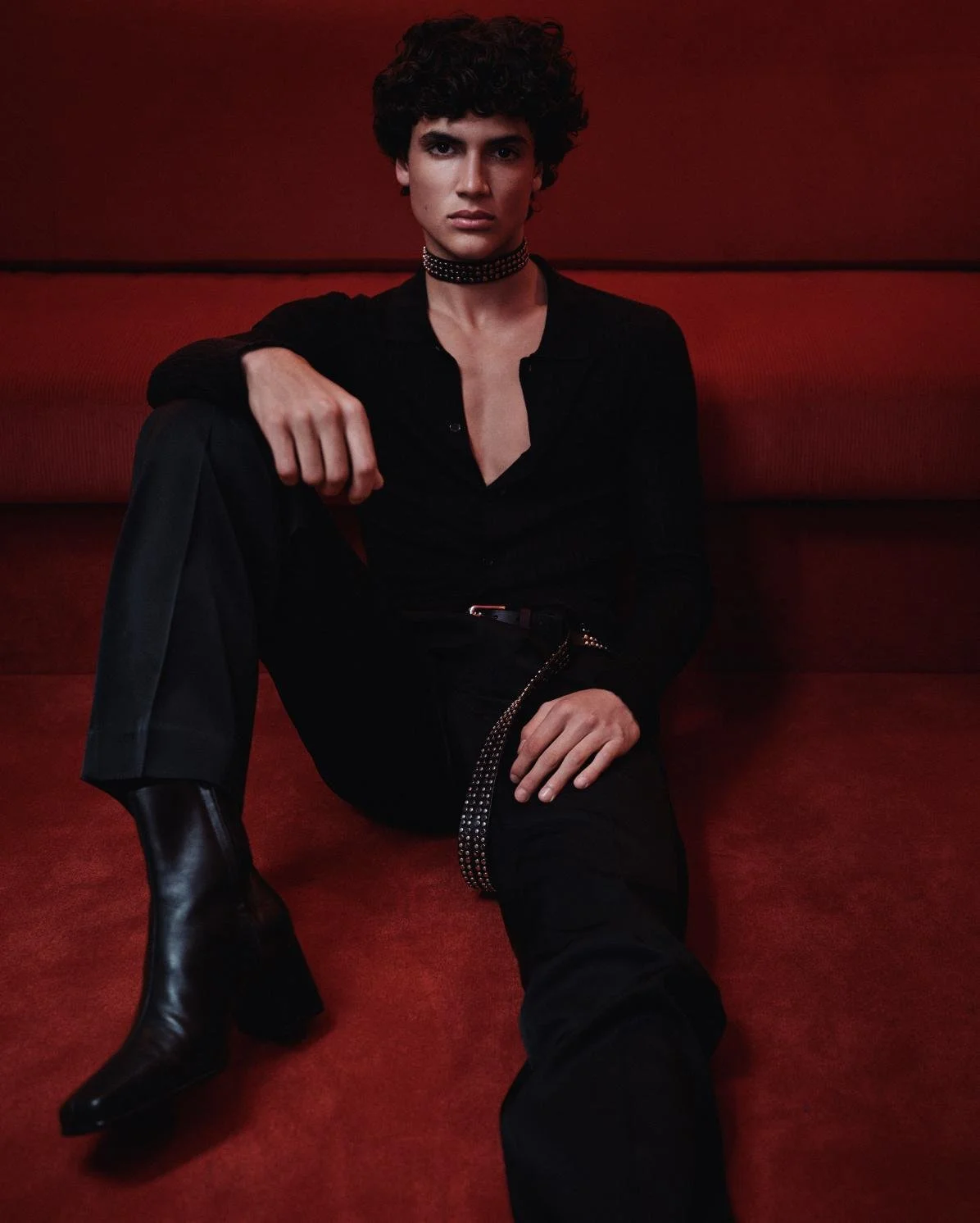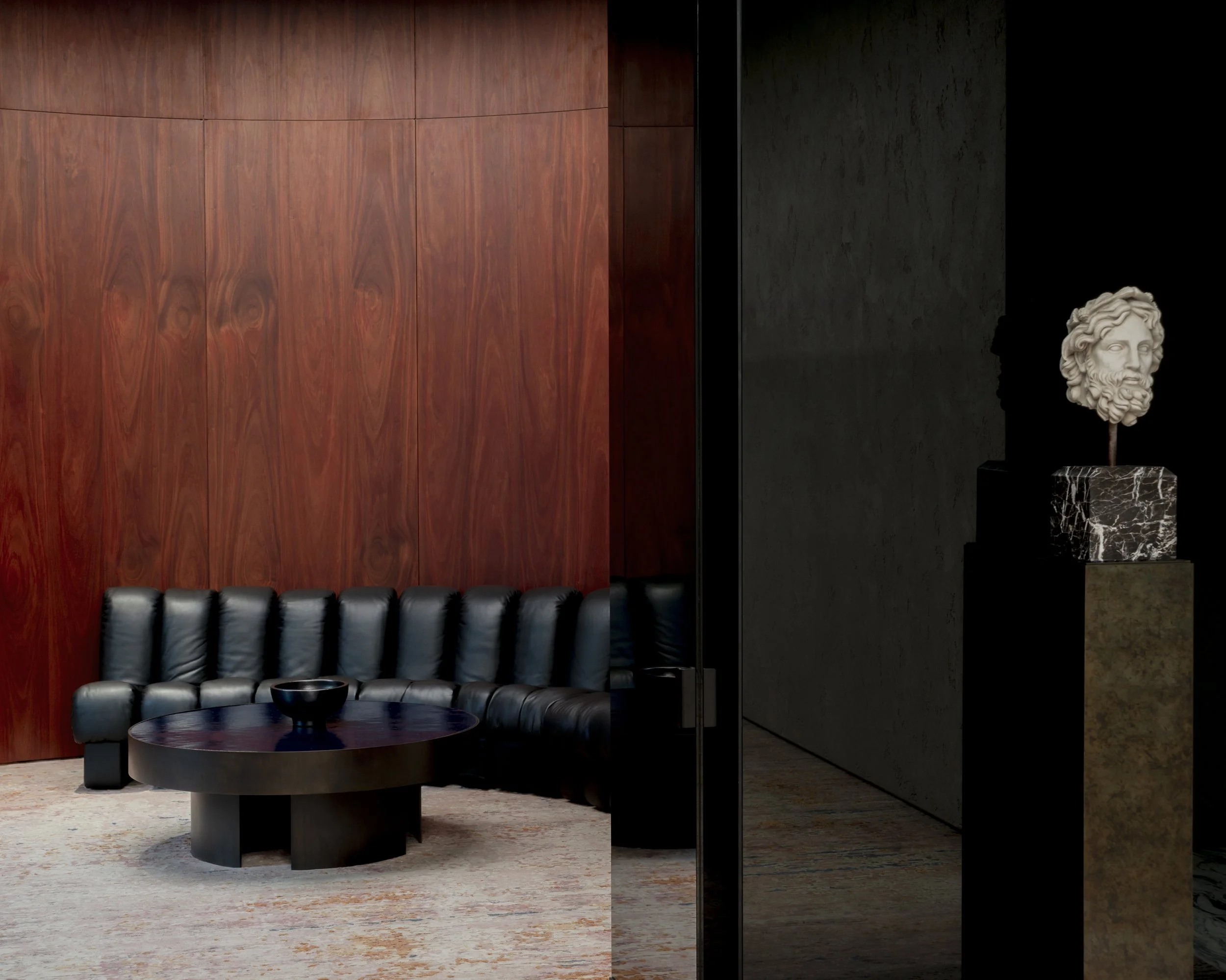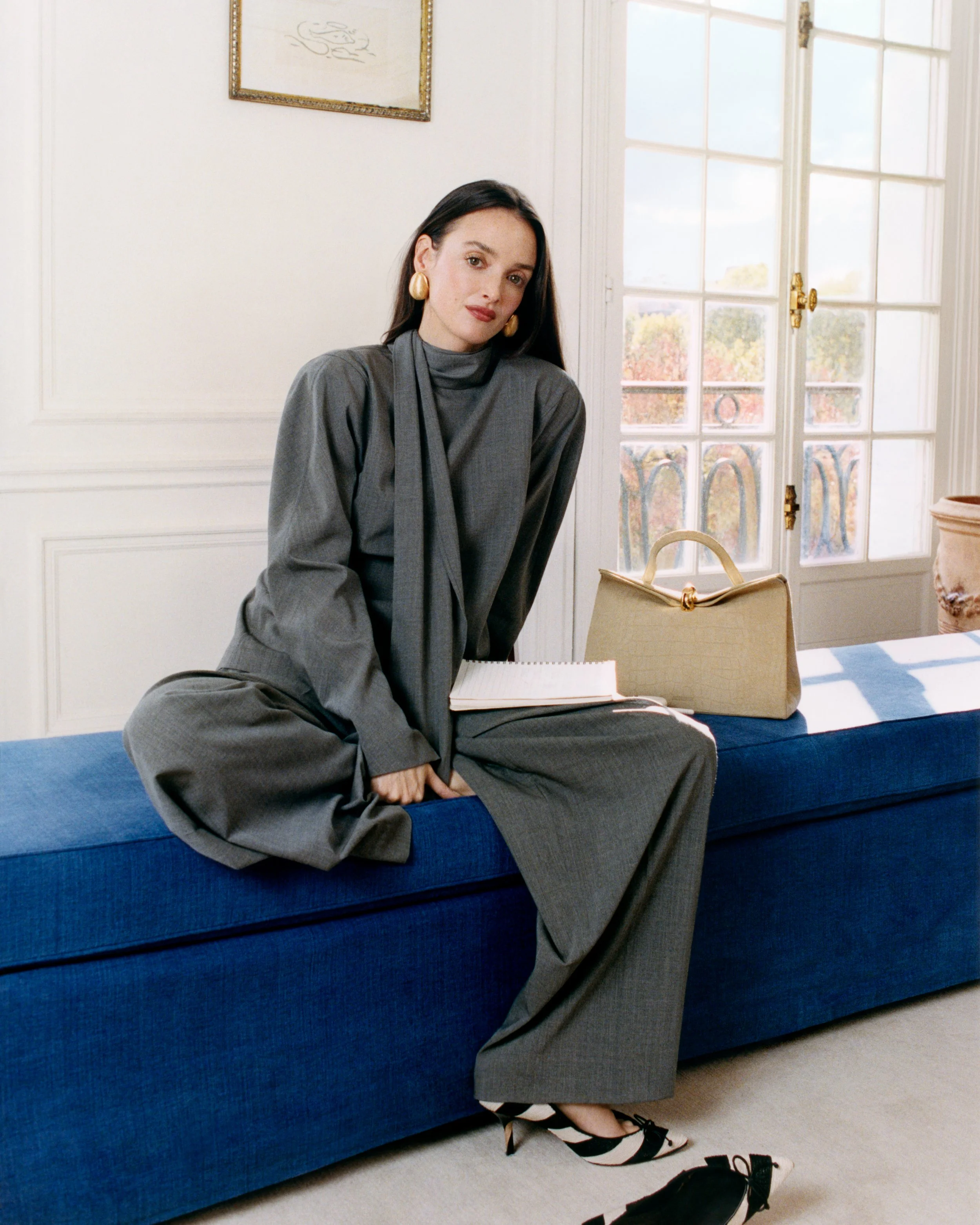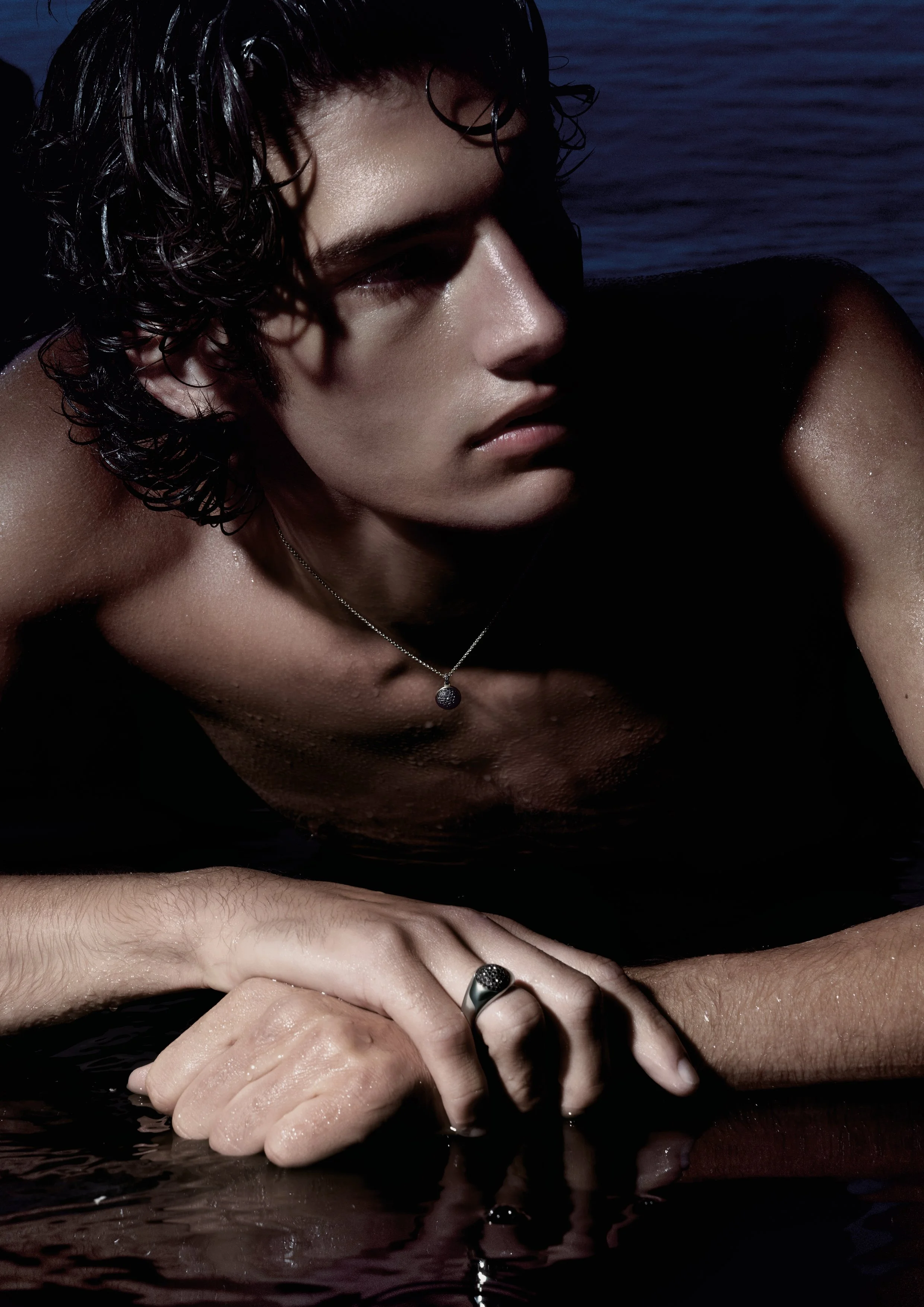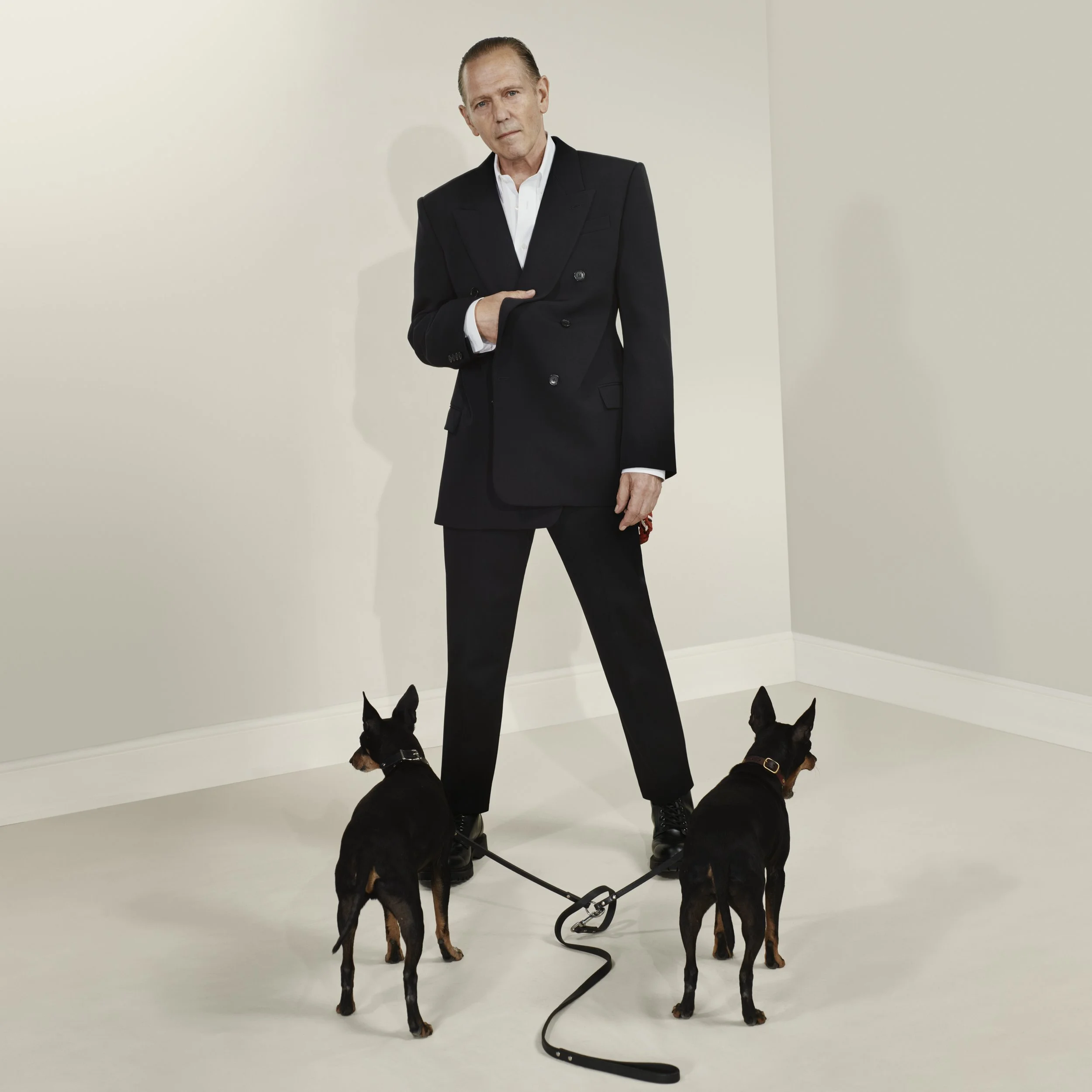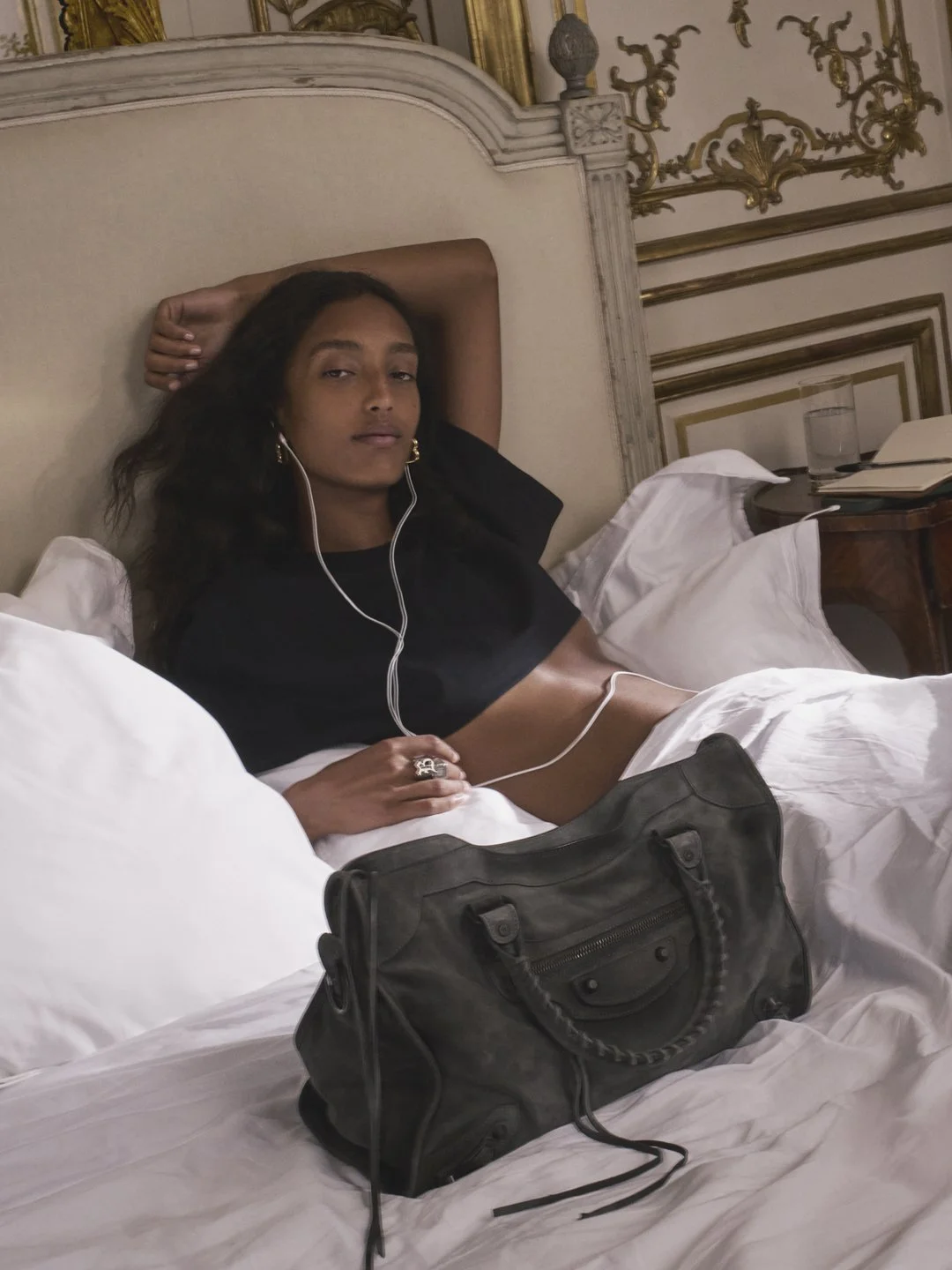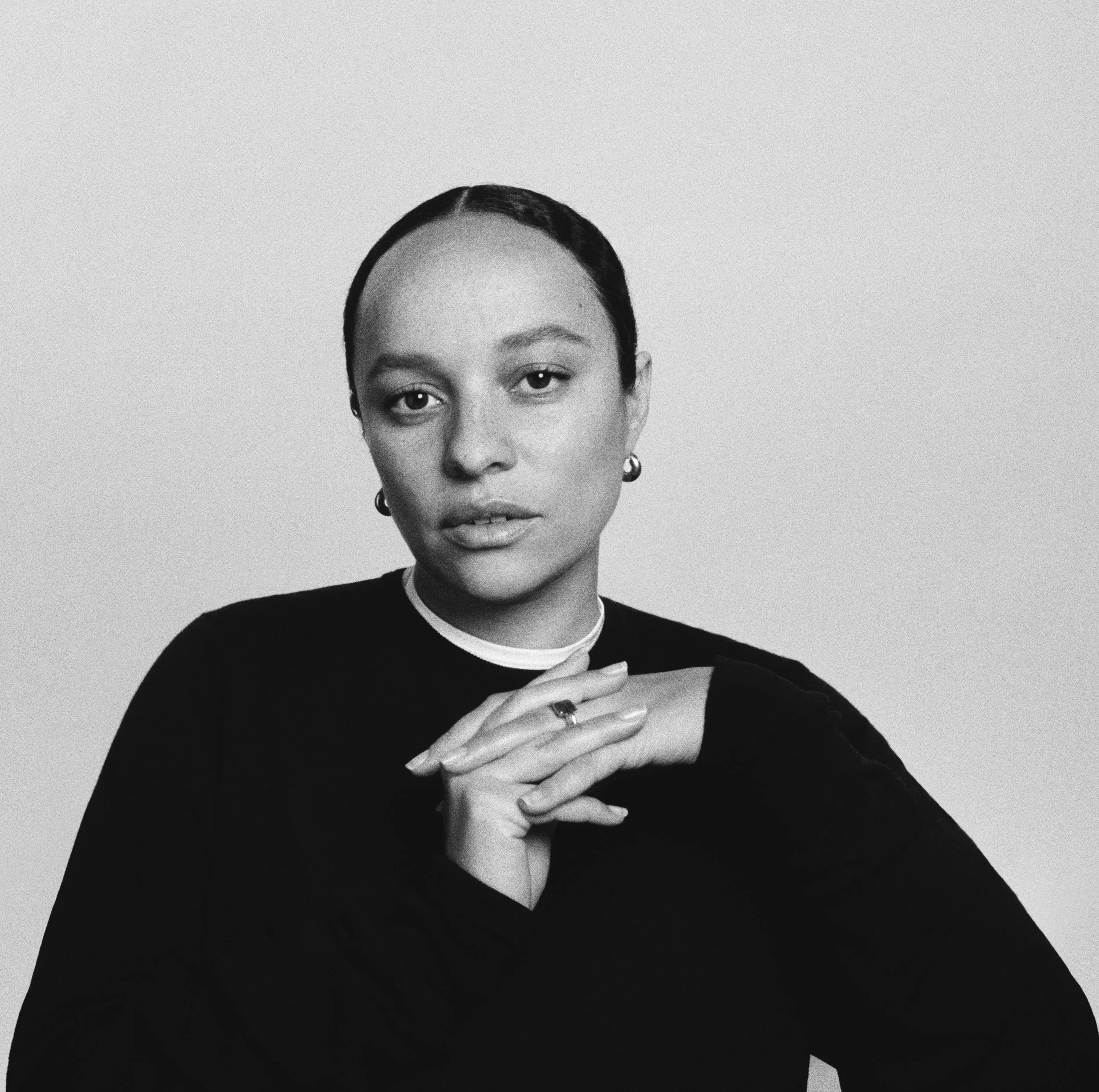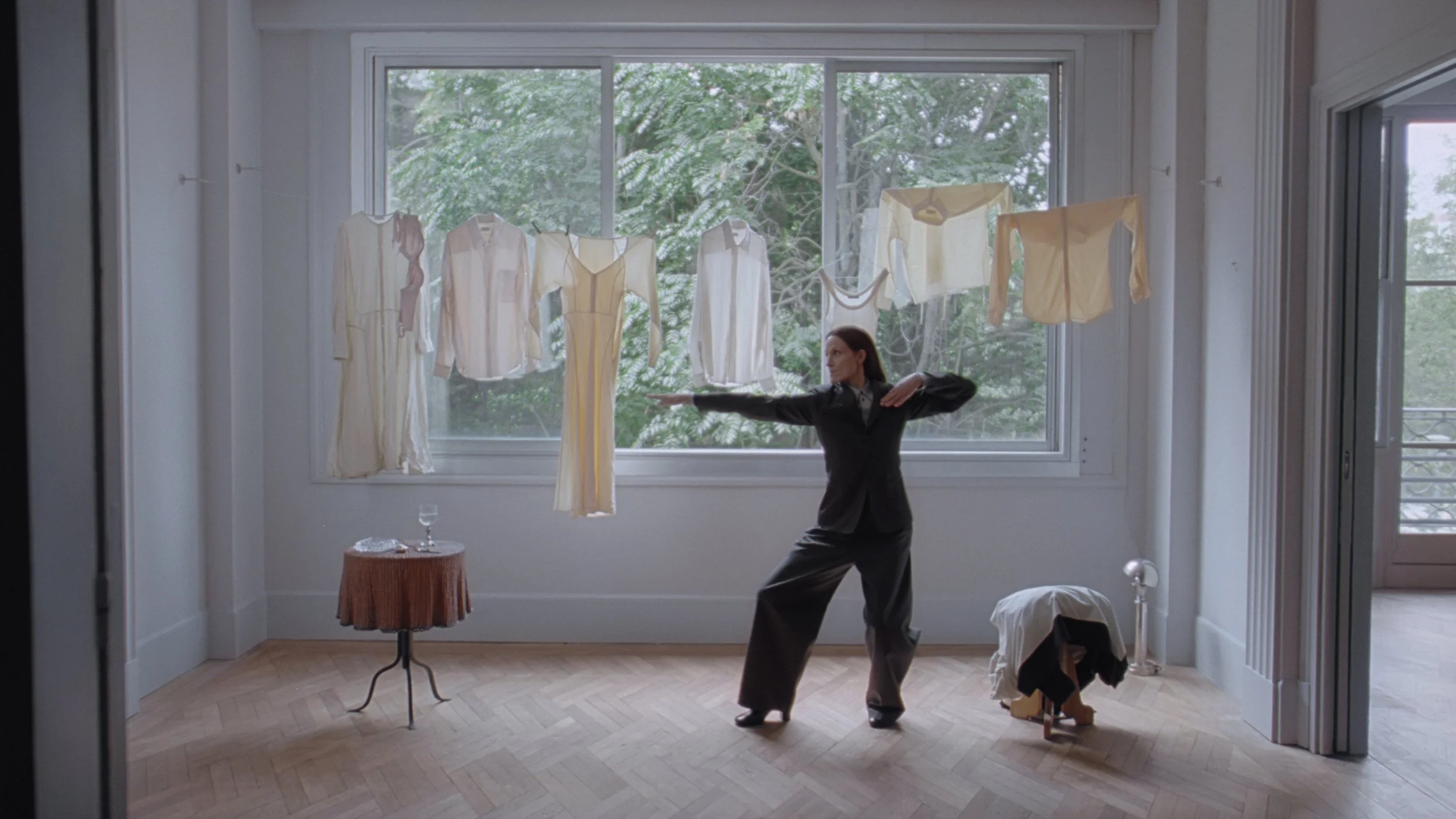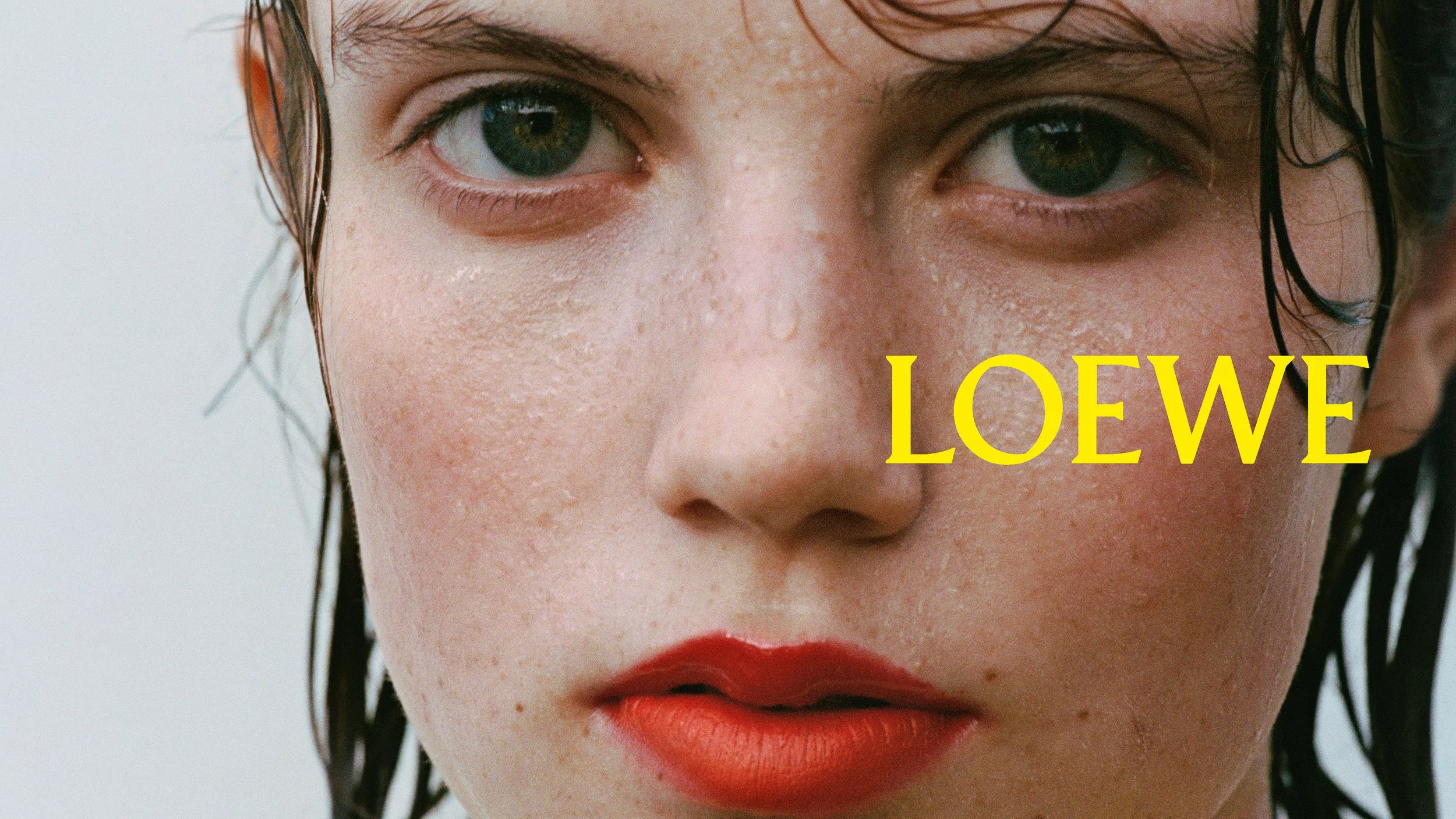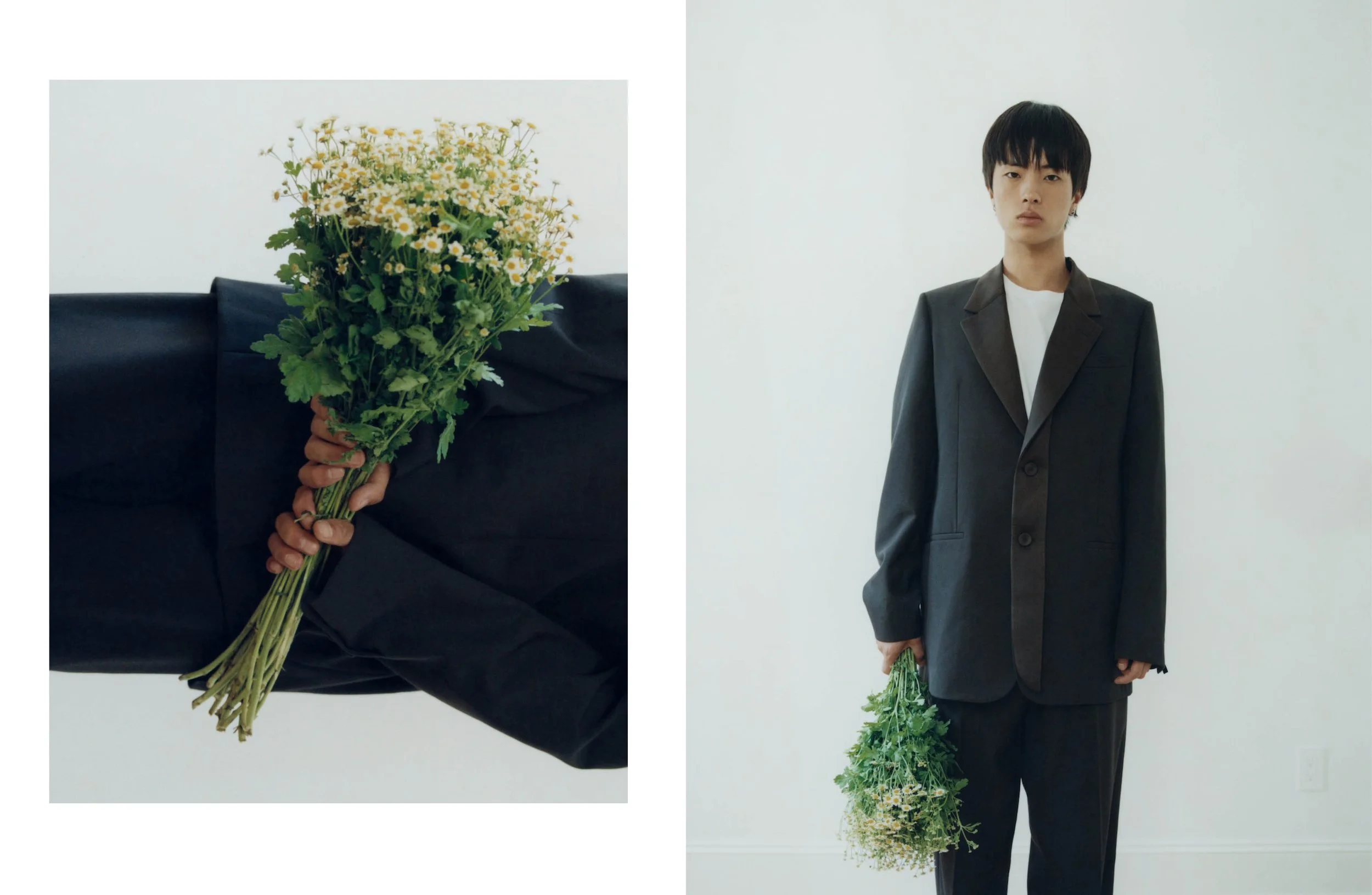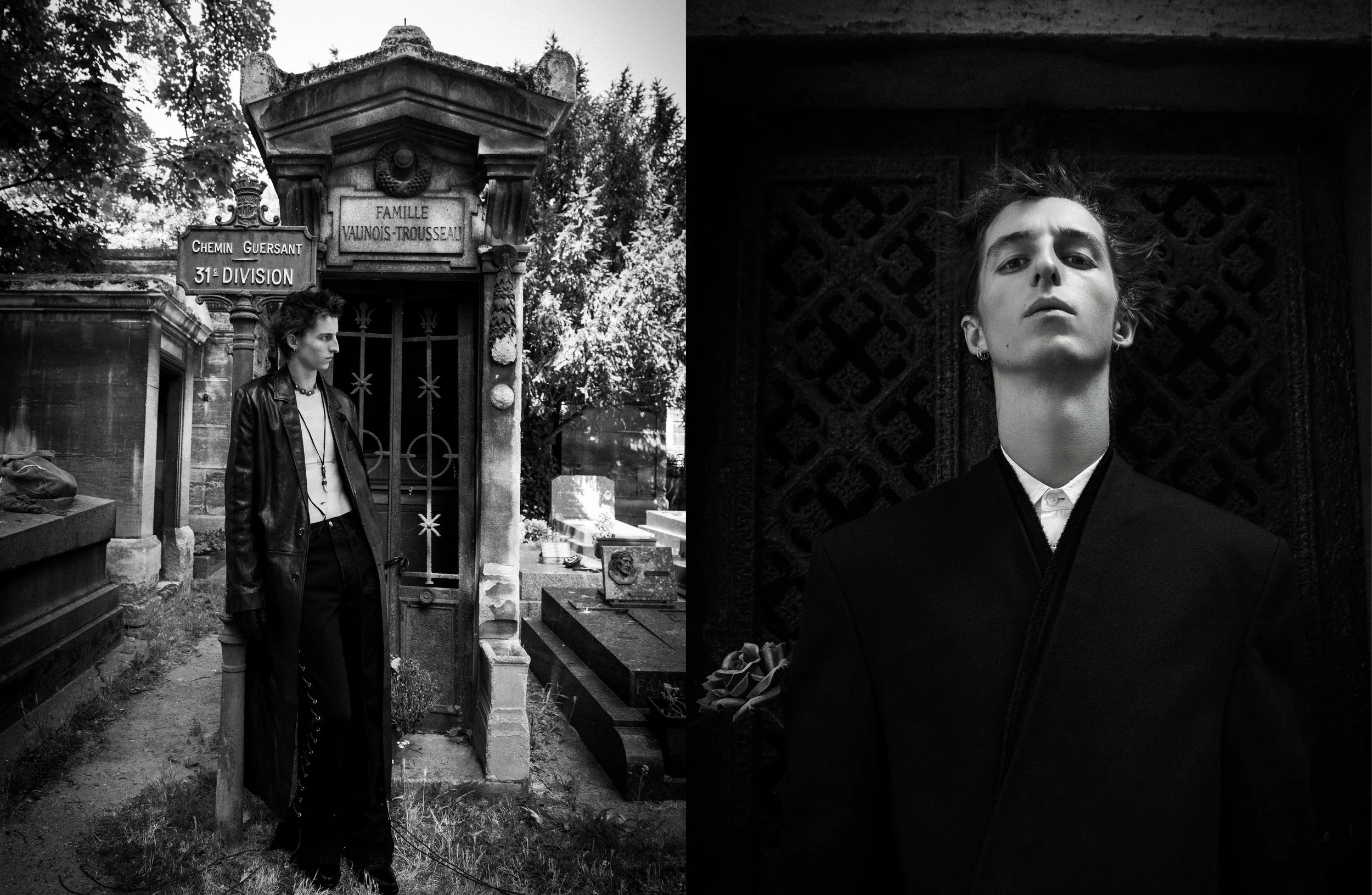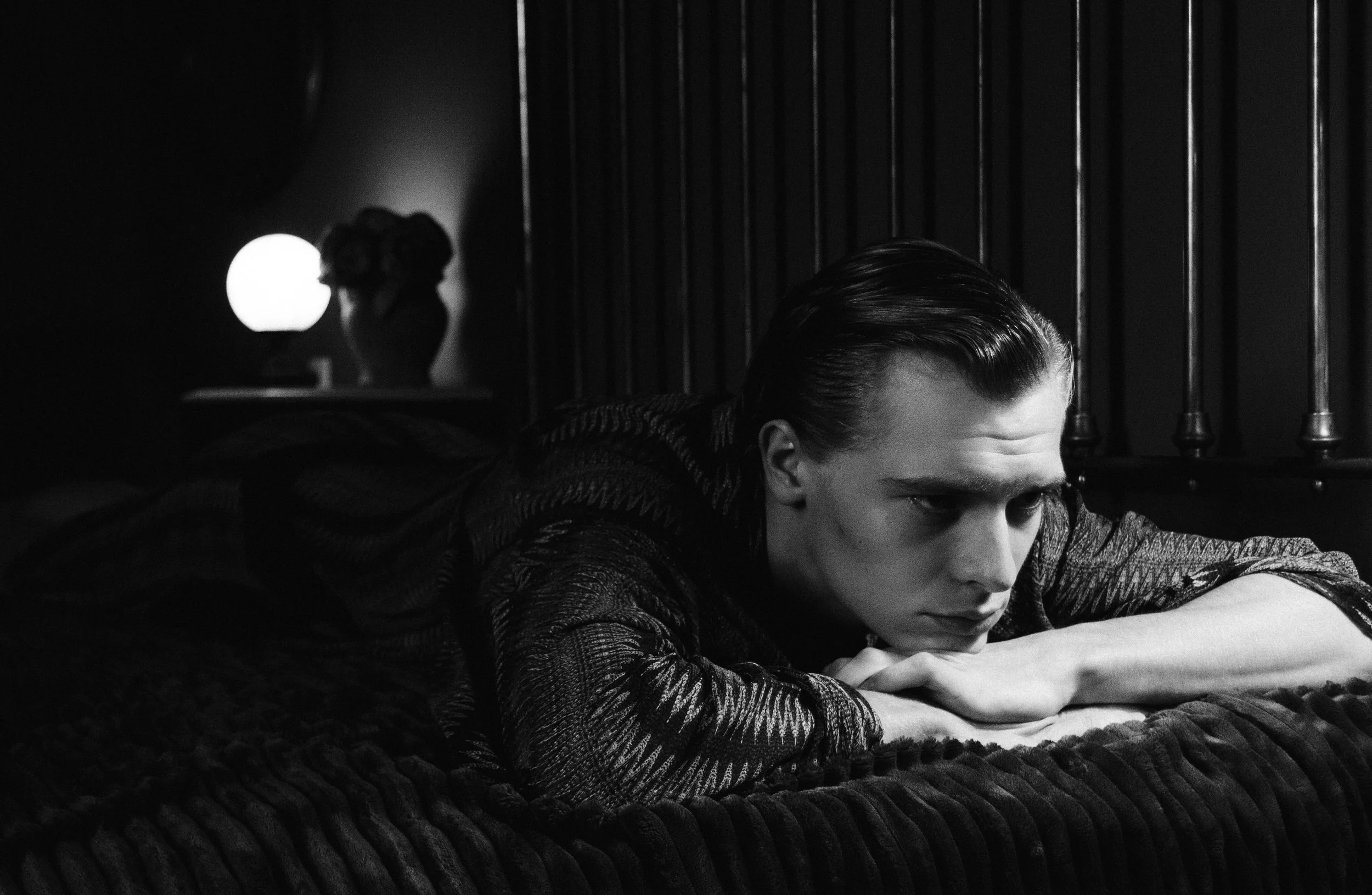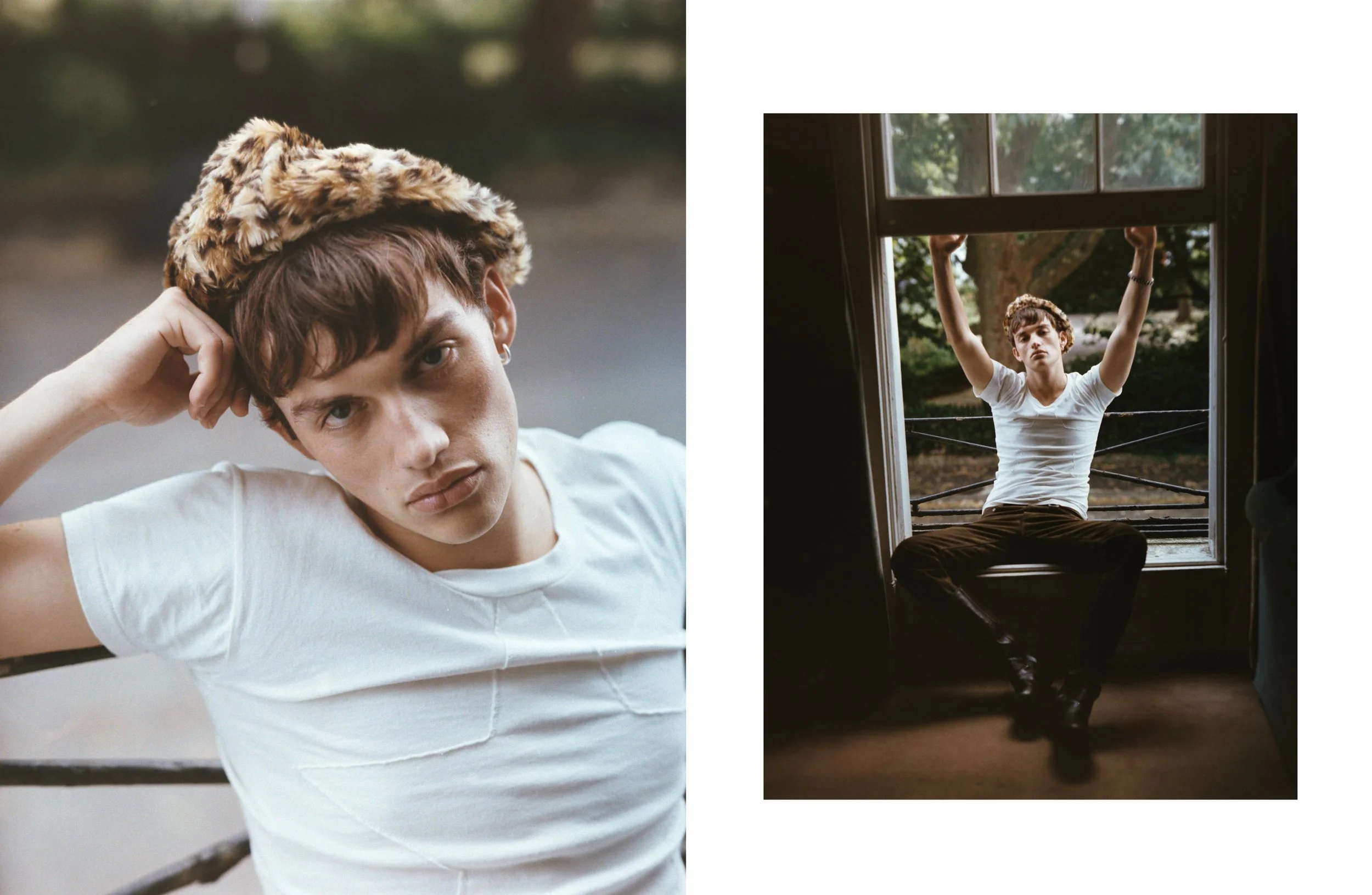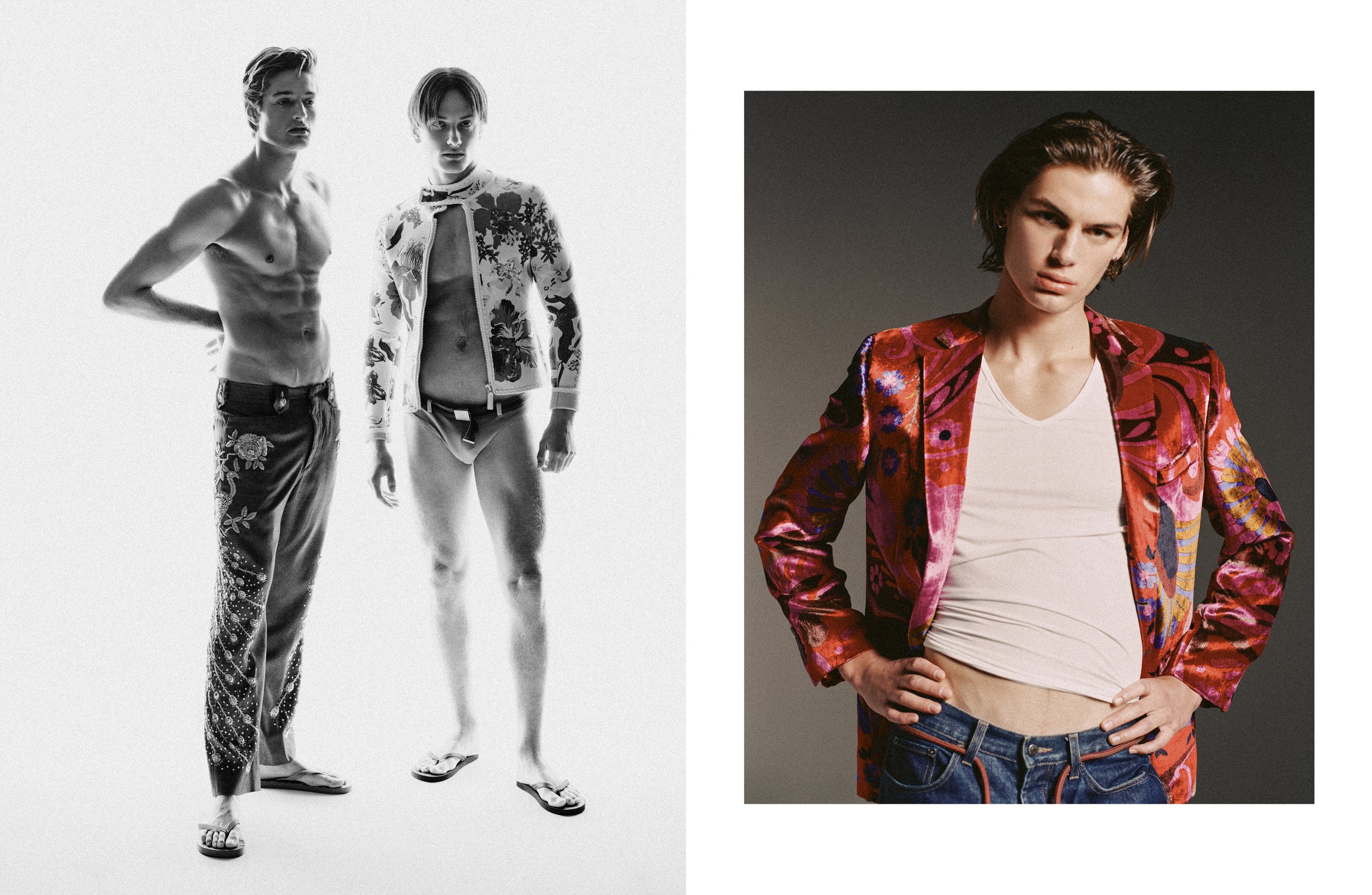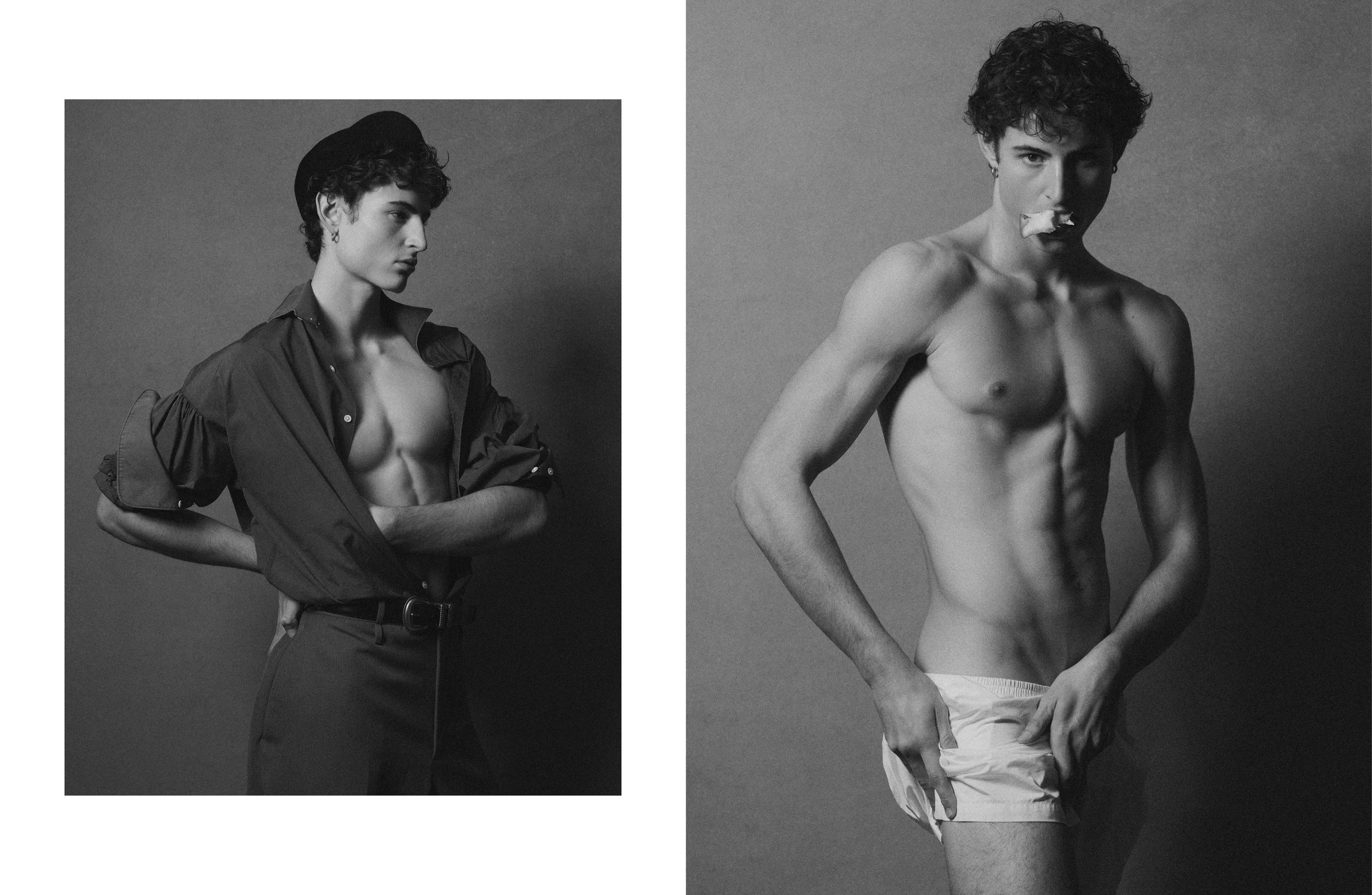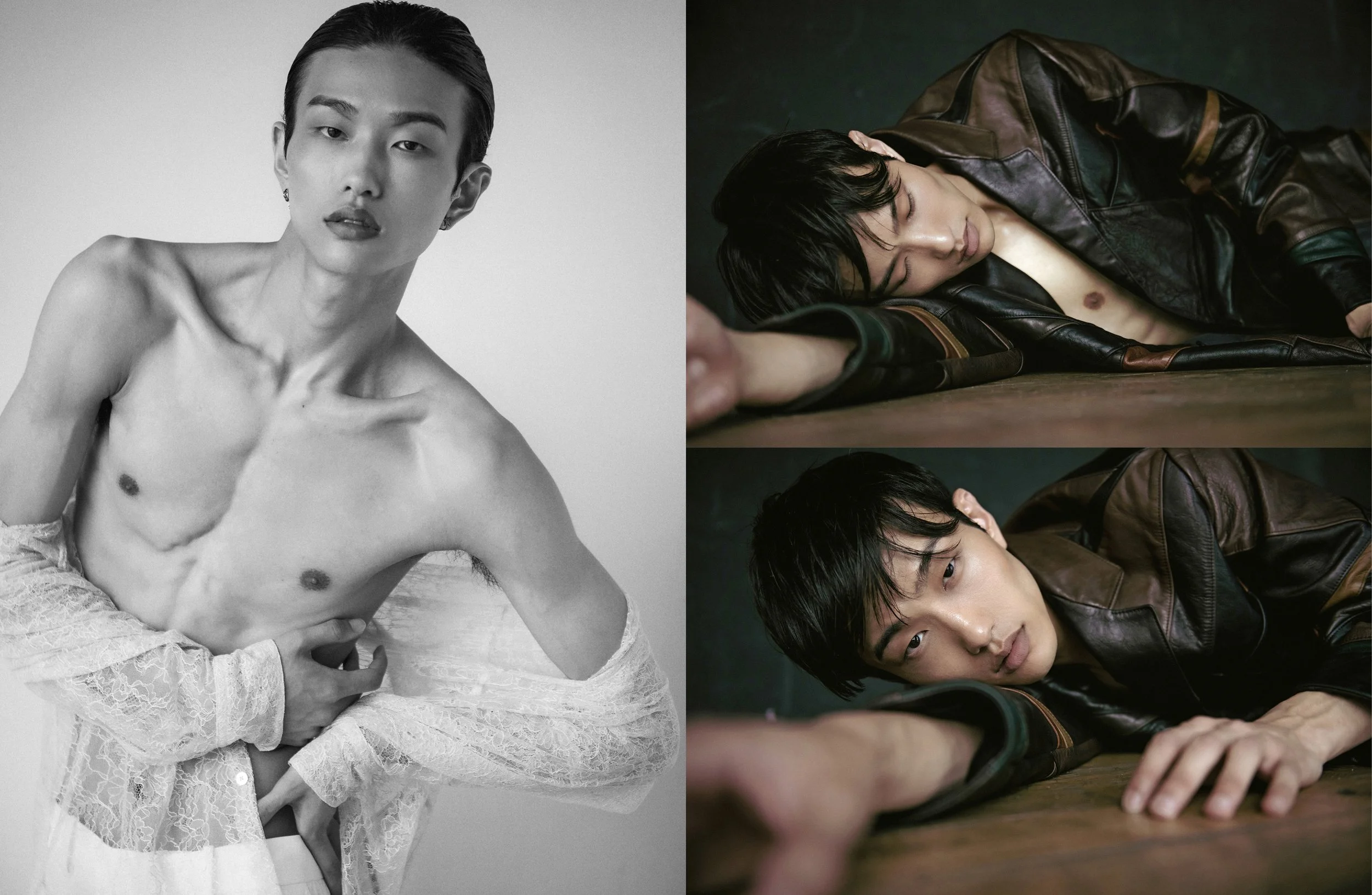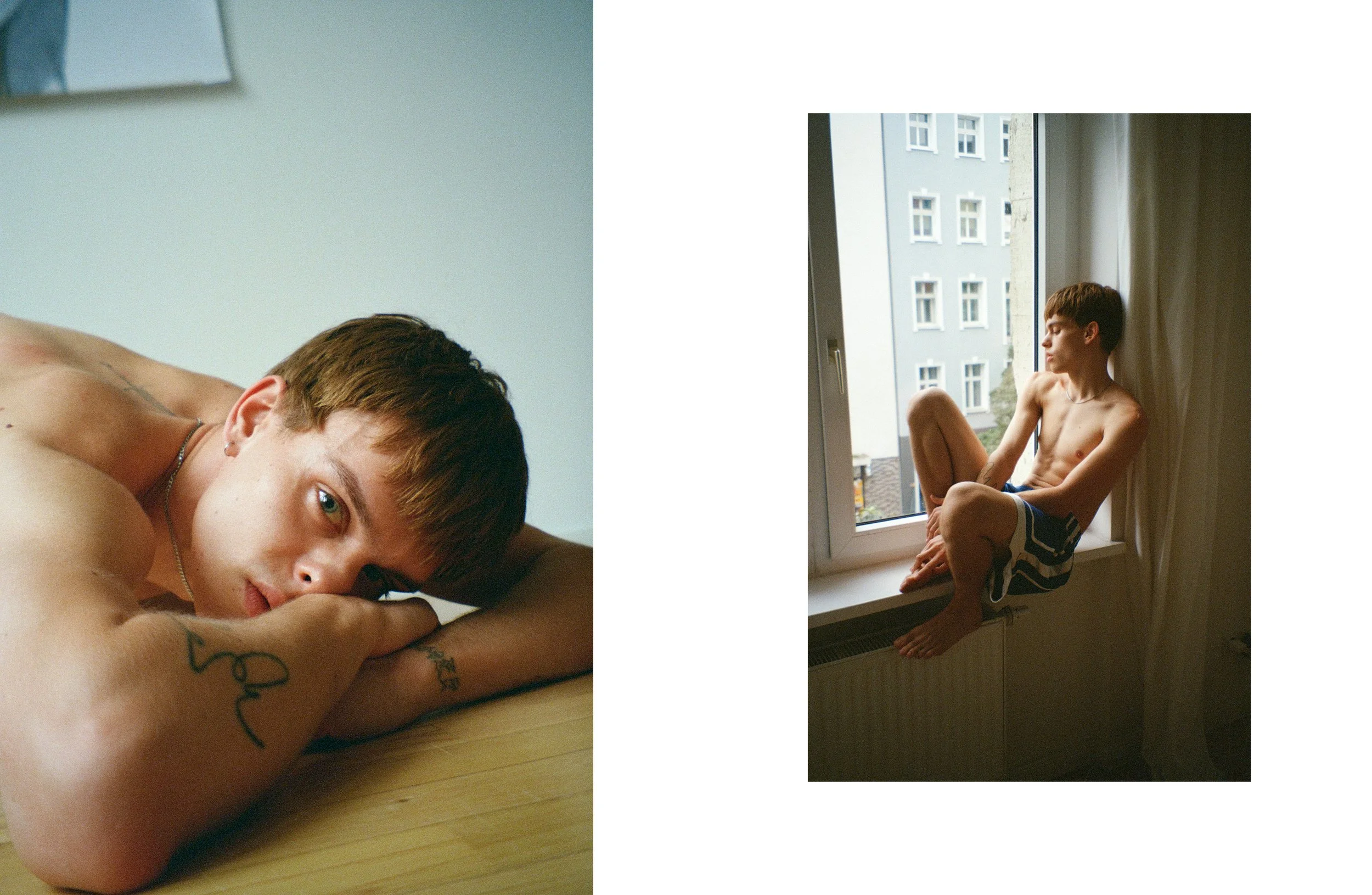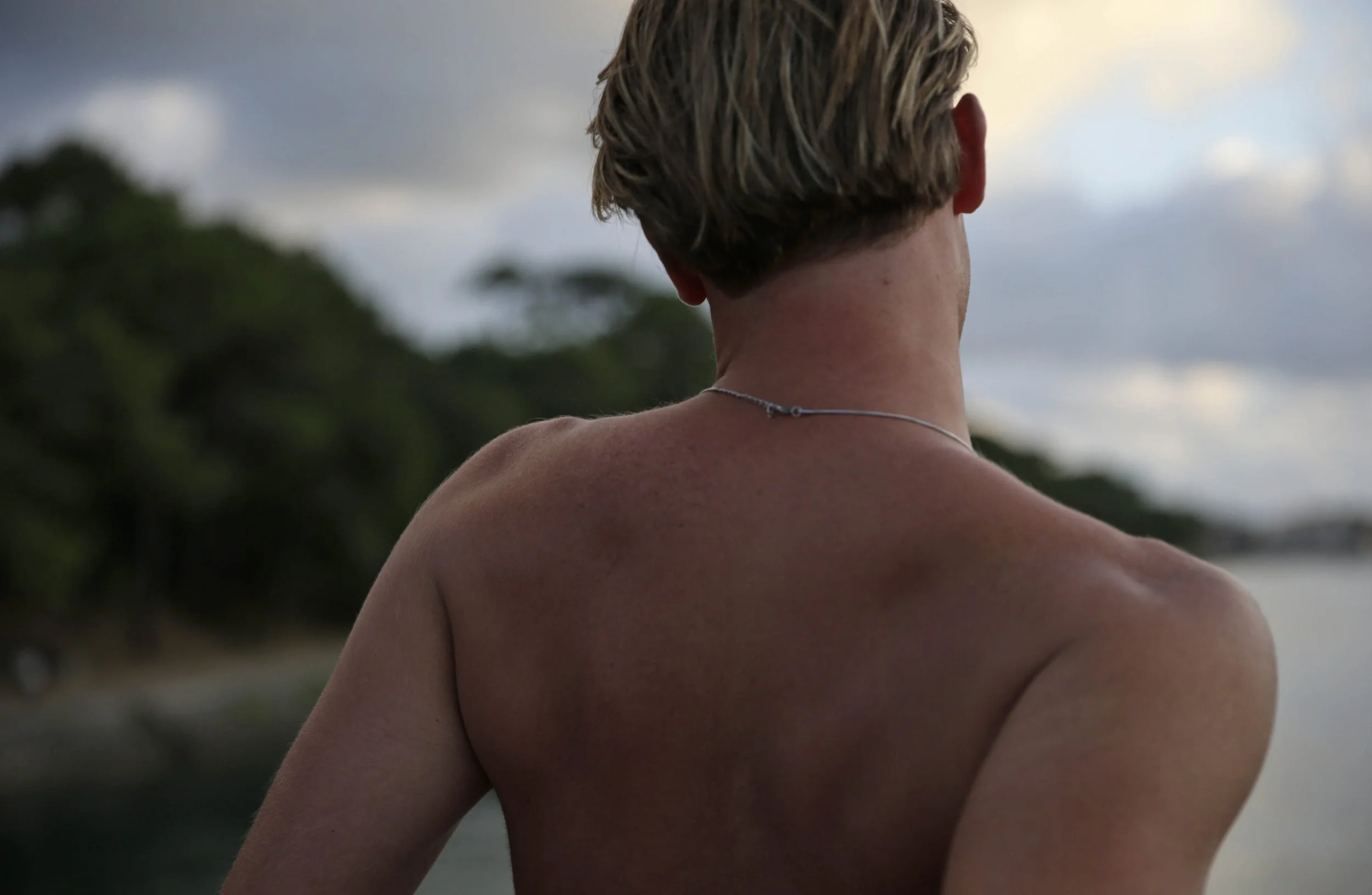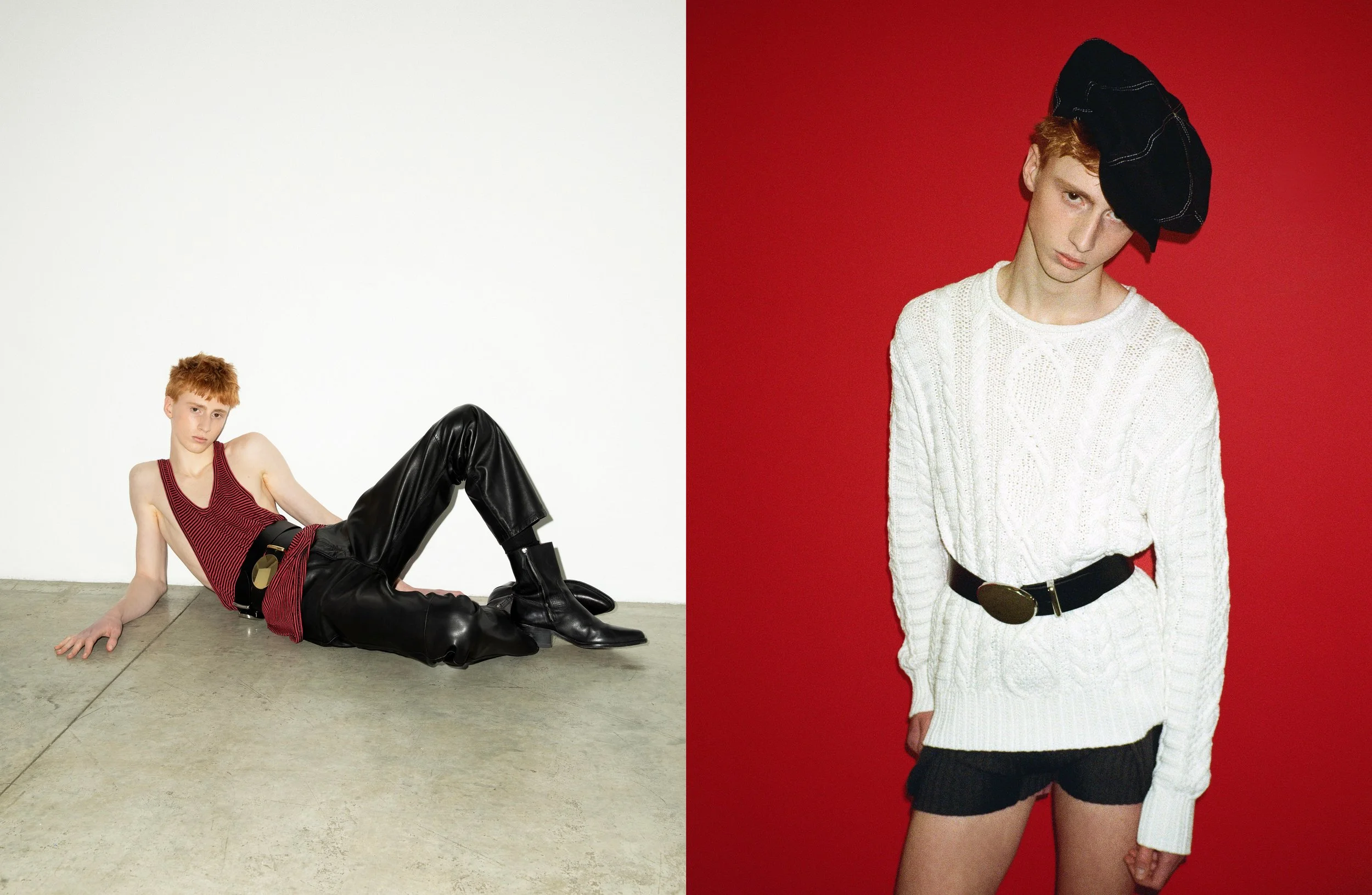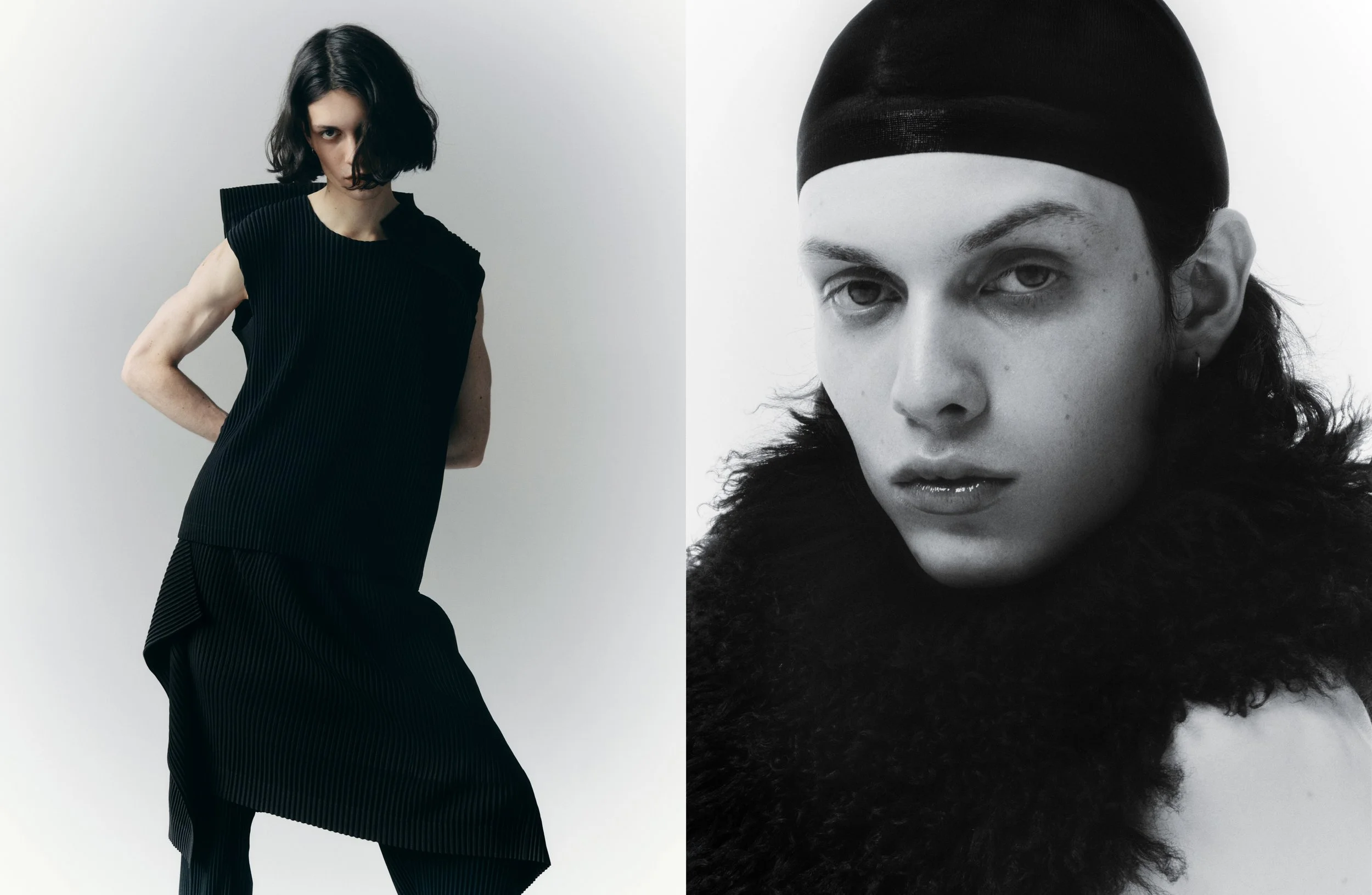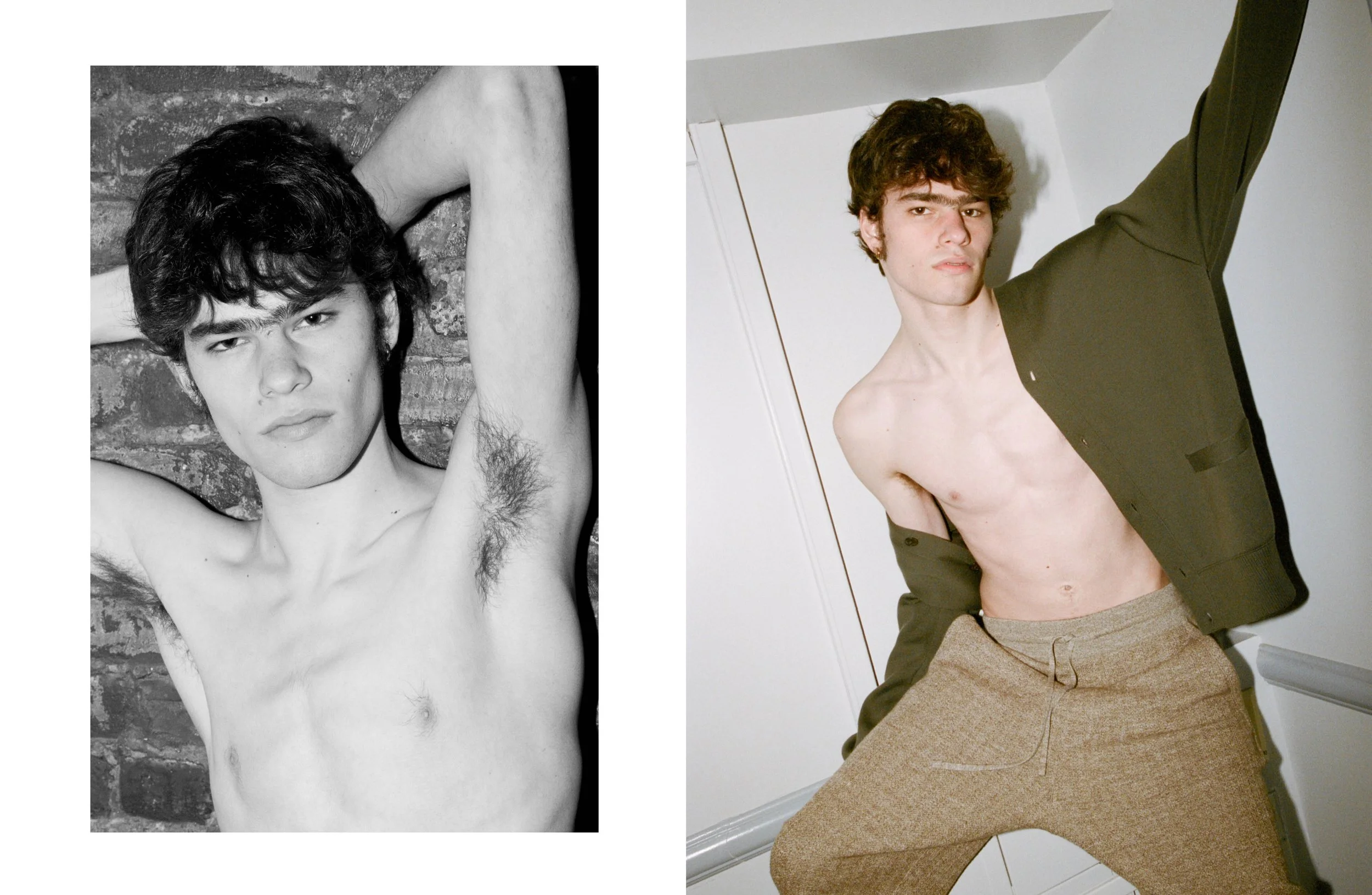Tom Mercier’s magnetic presence is palpable regardless of the medium, equally powerful on cinema screens and in his self-shot performance-like Instagram videos. The Israeli actor, who is currently living in Paris, received great attention back in 2019 for his debut role in Nadav Lapid’s ‘Synonyms’, and have continued to intrigue the audiences since – last year, he starred in Luca Guadagnino’s HBO coming-of-age show ‘We Are Who We Are’ and his most recent feature, ‘My Night’ (directed by Antoinette Boulat), premiered during the 2021 Venice Film Festival. In between being on set, Mercier collaborated with us on a limited edition publication simply named ‘TOM’, where he was shot in an array of dynamic poses by photographer Jan Philipzen. To celebrate its launch, we spoke with Tom about his most recent role, his approach to acting and why he loves the art of movement.
Your new film ‘My Night’ has recently premiered during the Venice Film Festival. What attracted you to this project and the role that you play in the film?
At the time, I just came back from Italy [from shooting ‘We Are Who We Are’] and I felt a bit detached from Paris – I didn’t know what was my place in the city, so I wanted to have a job that would give me a feeling of structure. After reading the script, I realised that the character is searching for the same thing. So I thought it was interesting for me to explore this young man, Alex, looking for a connection to himself and his generation. But I also tend to do things without asking myself too many questions because I’m afraid to confront my own life - I prefer to observe it through the perspective of the characters that I play.
Your big breakthrough was the lead role in Nadav Lapid’s ’Synonyms’ and you have just collaborated with him on a short film ‘The Star’. What’s your collaborative process like?
When I first worked with Nadav, we had this relationship where I needed him 100% as a director and he needed me 100% as an actor. And we had a lot of luck that we met each other back then. Today, working with him is very special because it’s so effortless – we shot ‘The Star’ in just two days – I came to Israel for vacation and he was just like, ‘You’re here for one month. Let’s do a short movie!’ [laughs]
Last year, you starred in Luca Guadagnino’s ‘We Are Who We Are’. What are some of the lessons that you have learned from him on set?
Luca is kind of like a ‘Peeping Tom’ on set, a voyeur. You don’t feel that he’s in the room, but he’s looking at you and he has constructed the whole area like an architect. Or like a DJ in a way – he’s putting on the music, but he’s not telling people how to dance. And when you’re with a good DJ, when you’re getting into that room, it’s rock. And this is what’s so nice about Luca - he’s giving you all the access to get into that place, but then you will need to dance. Luca is a great filmmaker, but at the same time, also a great artist. He can design a perfume shop and look at the scene at the same time. [laughs] He’s a very special guy.
You’ve worked with some great directors and actors already, but what is your dream collaboration? Any actors or filmmakers that come to mind?
I think my dream is to actually direct myself one day! I want to work with actors, take my words and put them on a page, or take images that I have in my head and release them onto the screen. I would love to collaborate with Denis Lavant or Juliette Binoche.
What stories are you drawn to exploring on the screen?
I want to tell a story of a master and slave relationship – I’d like to look at this approach of having that sort of undefined admiration towards someone and desire to do whatever they tell you without questioning it. I find this dynamic very interesting.
Many of the videos that you post on your Instagram have a performance art-like quality to them. What do you love the most about expressing yourself through movement?
I always have this feeling that my body is walking two steps ahead of me, whereas, with words, I need to search for what I want to say – so they’re coming as a bit of an echo. I think physicality allows you to access different characters and new observations. It’s a bit like with the dancer Vaslav Nijinsky – it’s not for nothing that he was considered the God of dance, because he believed that God was speaking through him. And similarly, I think that God (if he exists) is not speaking through our words, but through our flesh and our movement. And that’s why I love to explore body language.
…
Interview by Martin Onufrowicz
Photography by Jan Philipzen
Fashion by Jonathan Huguet
